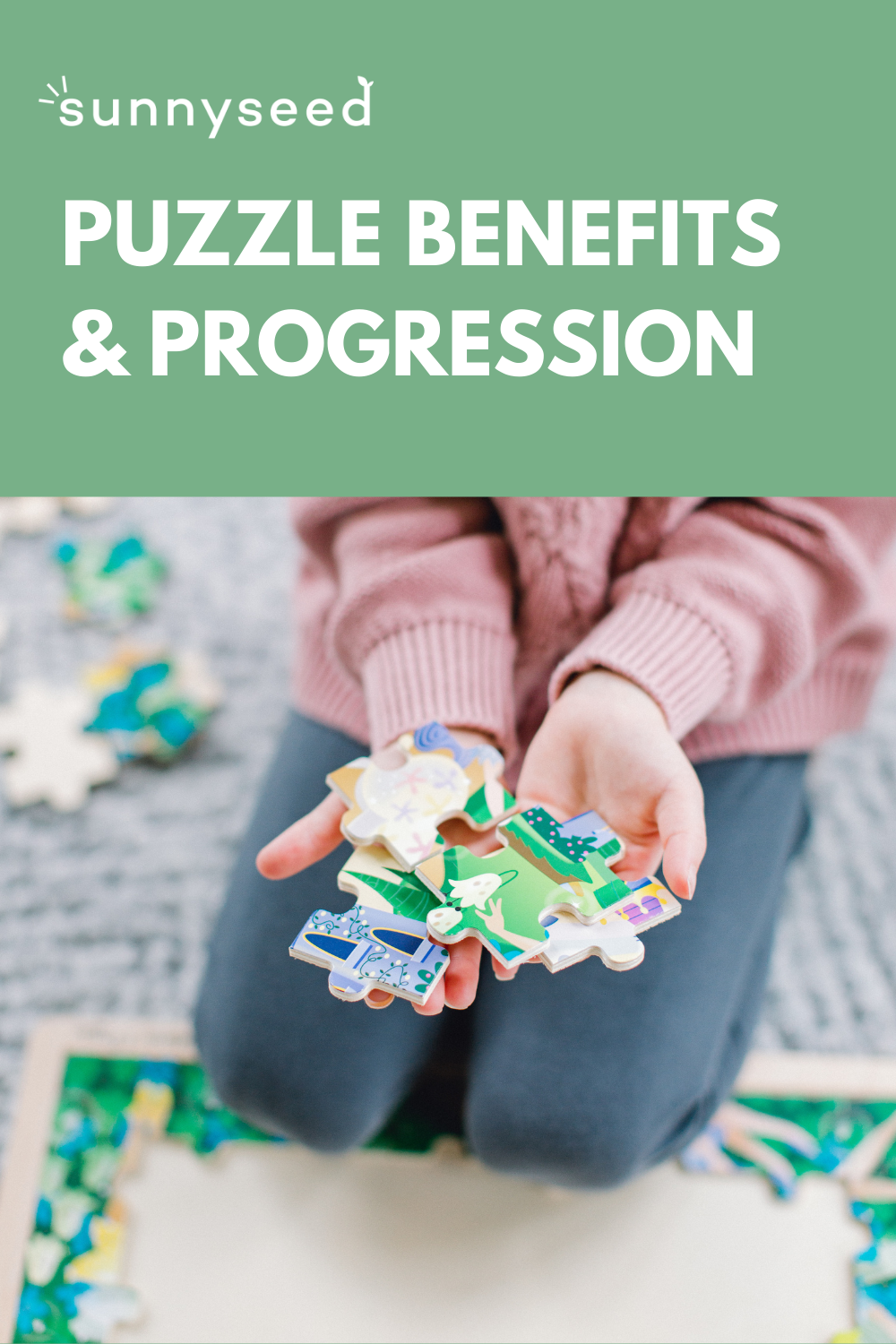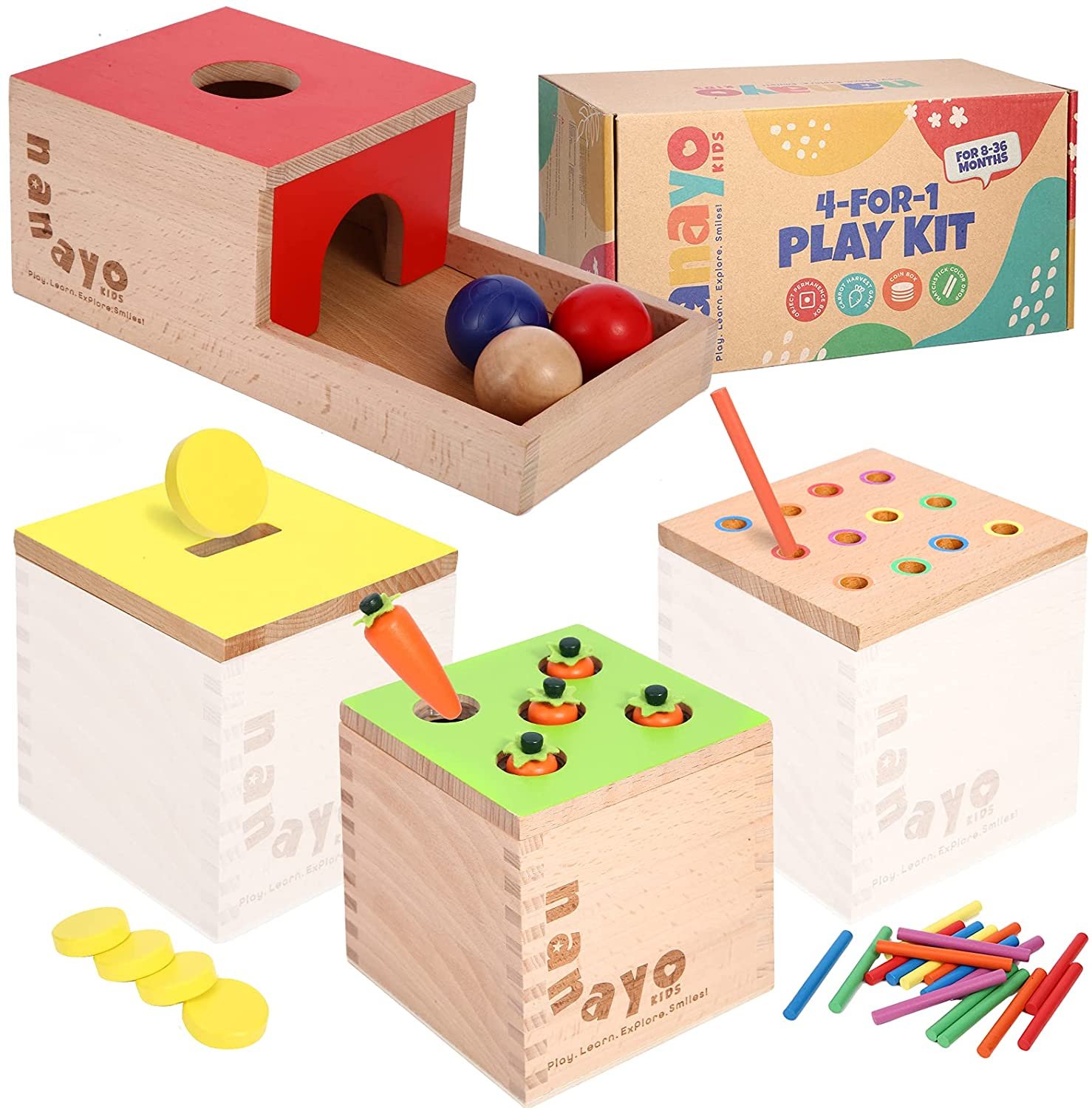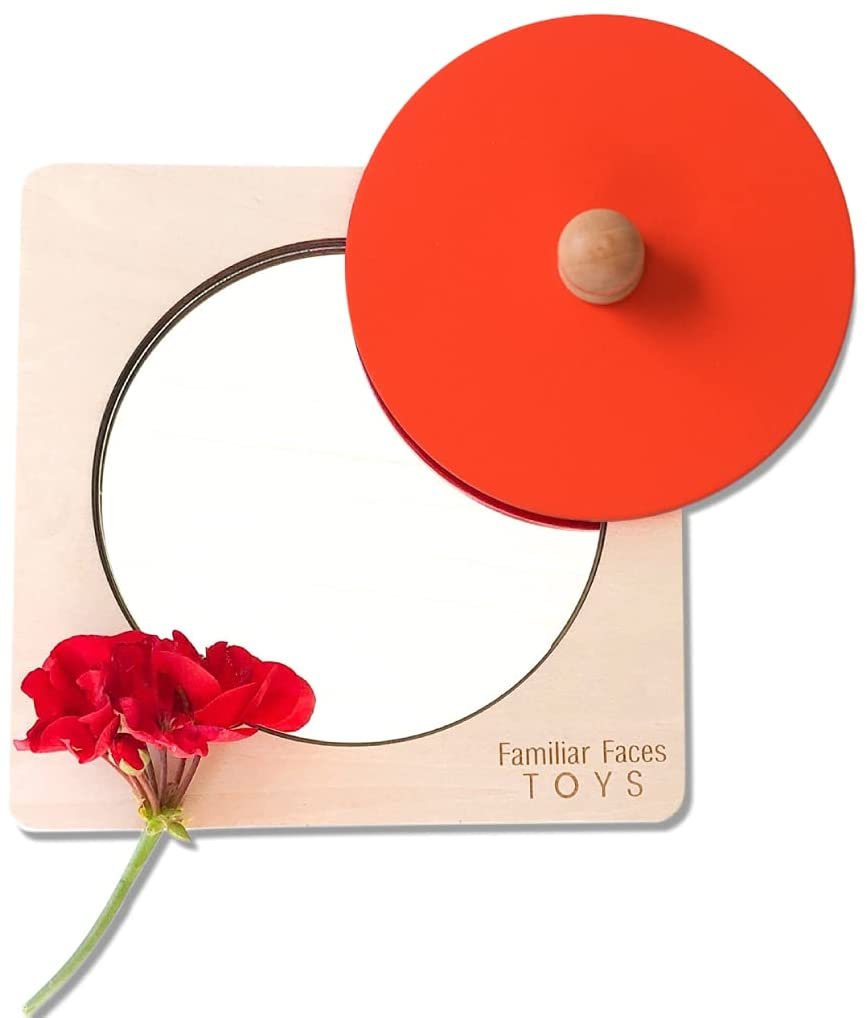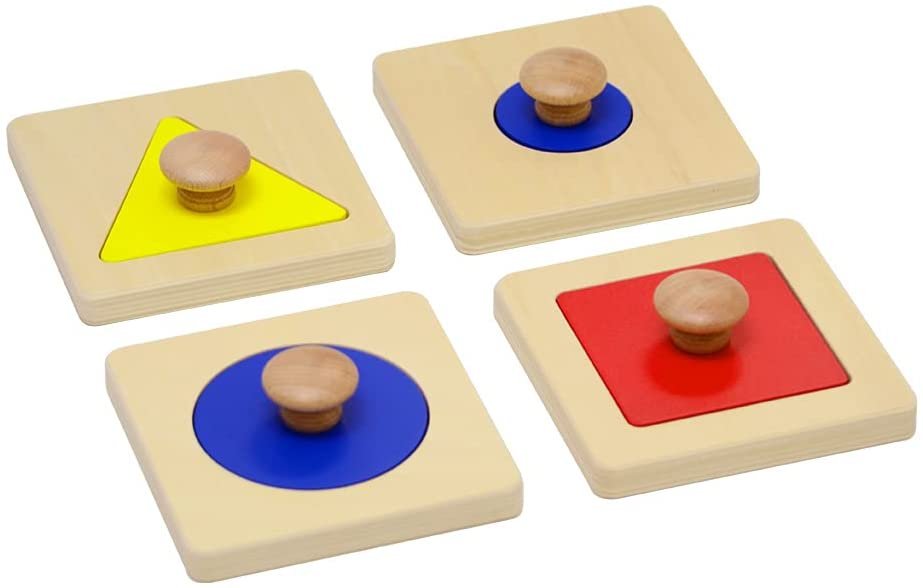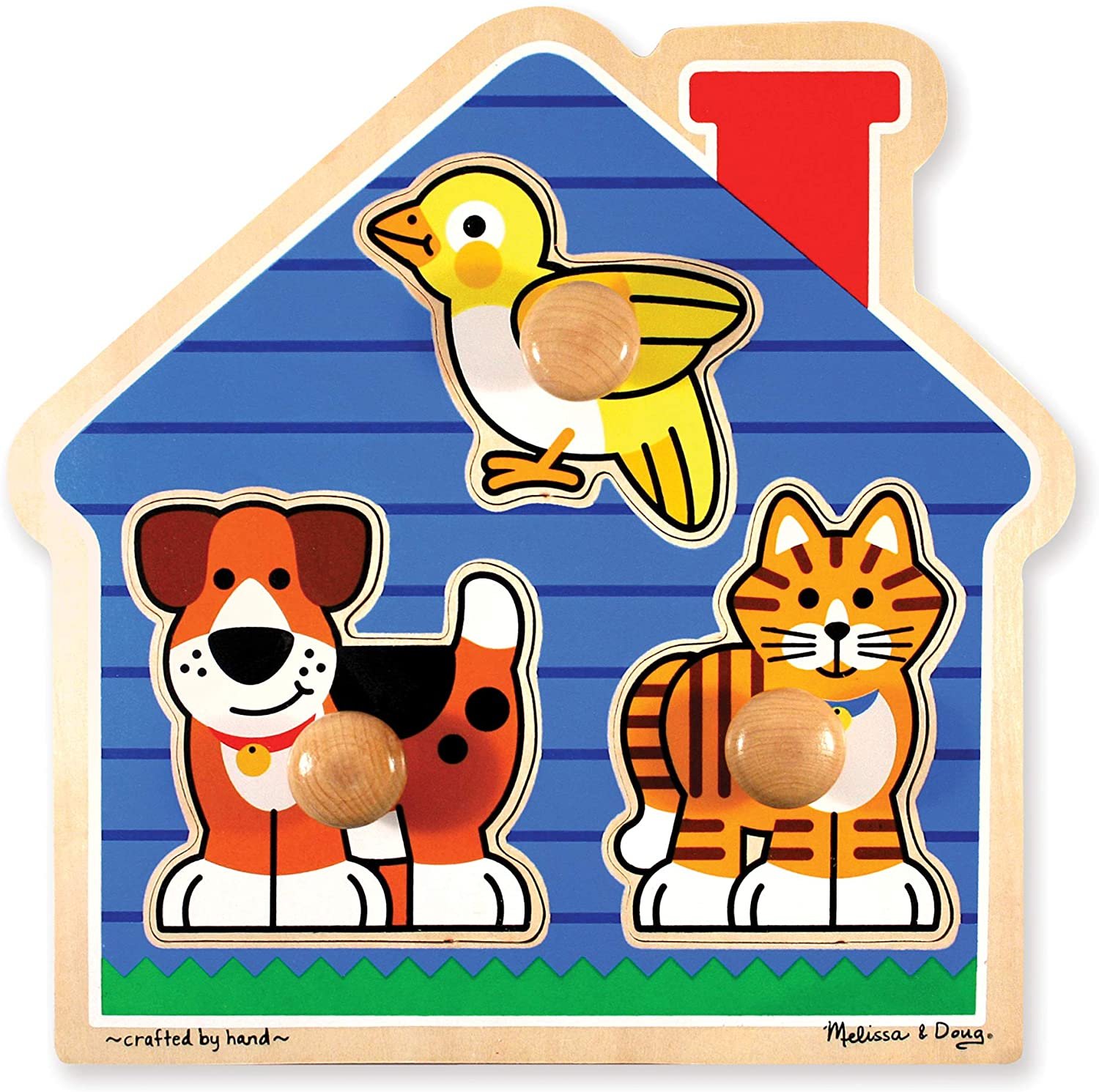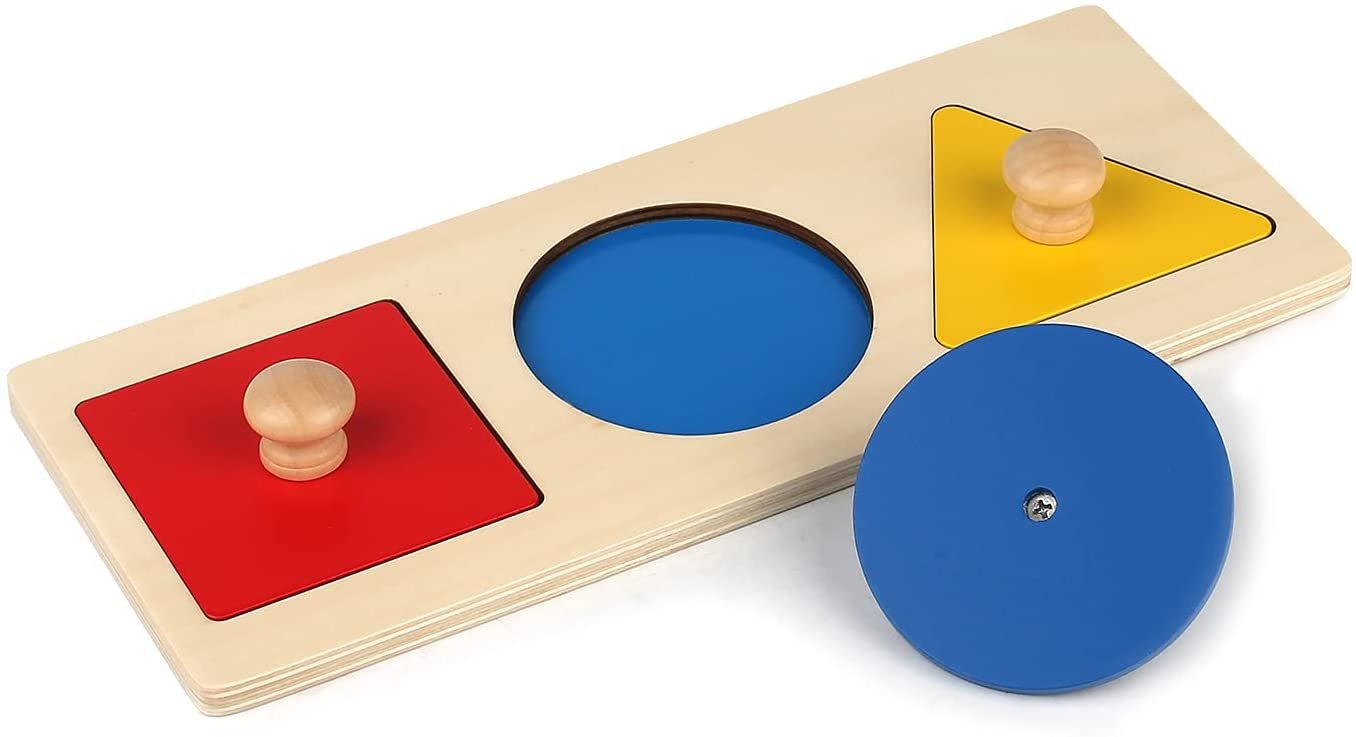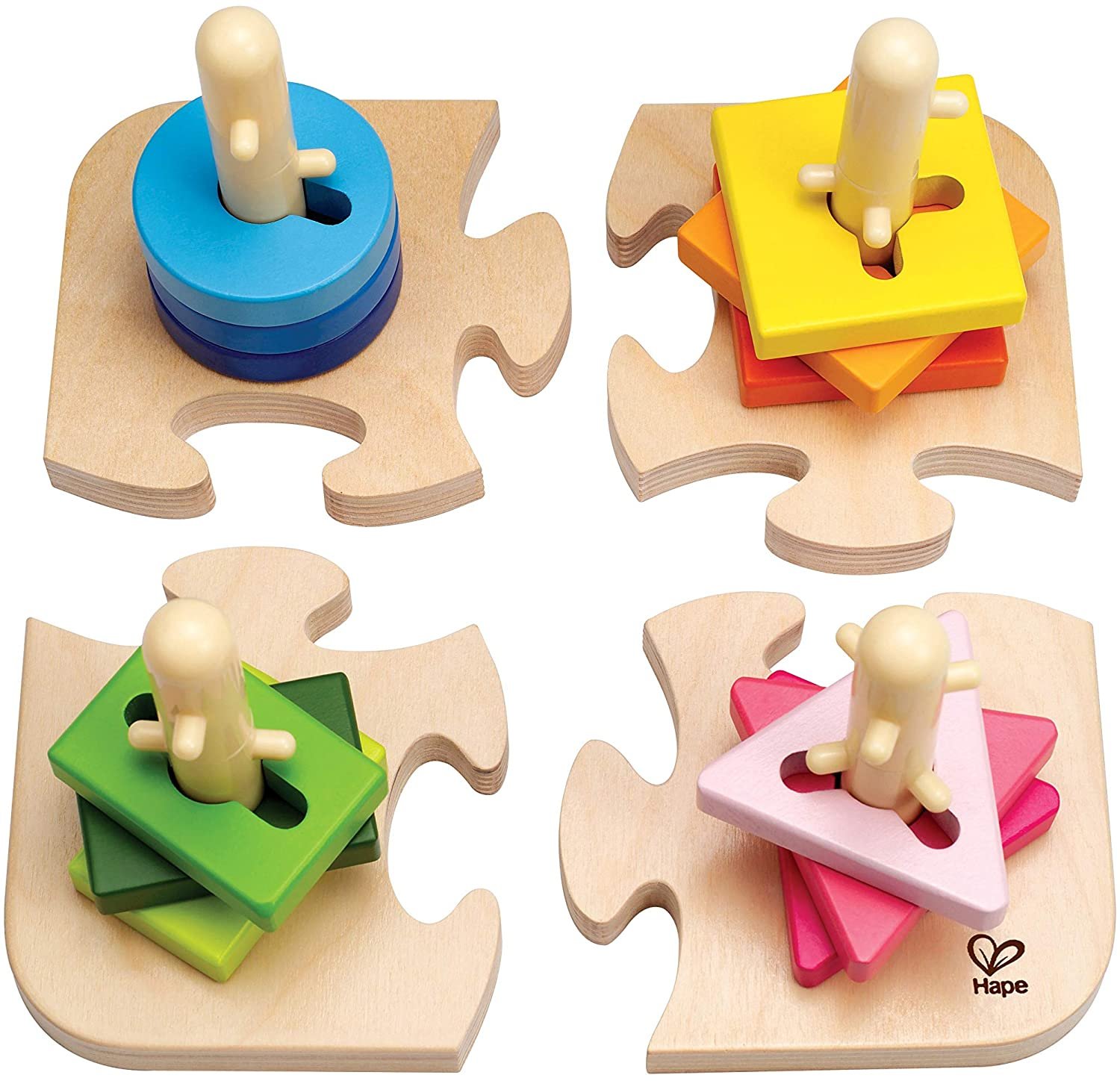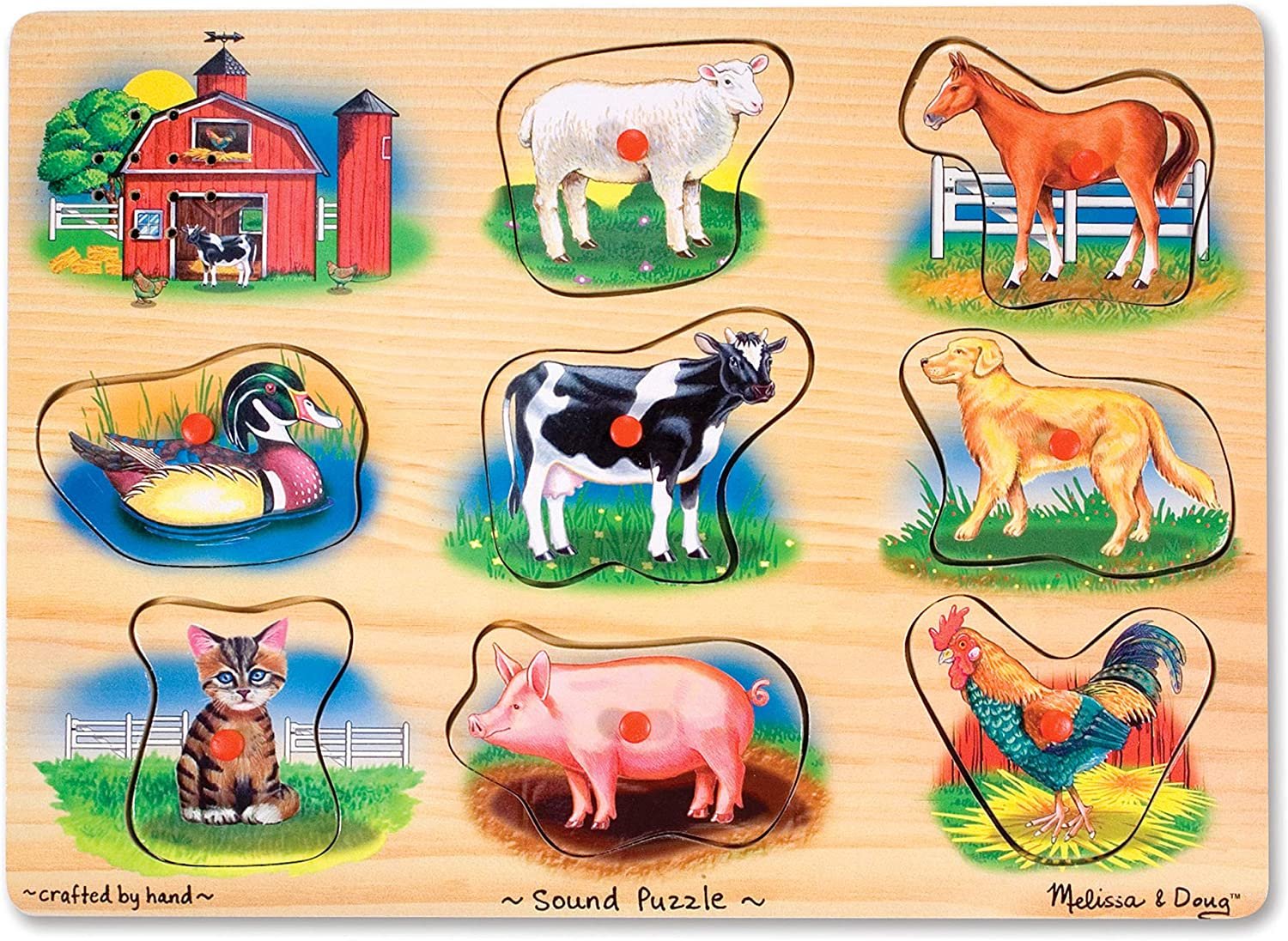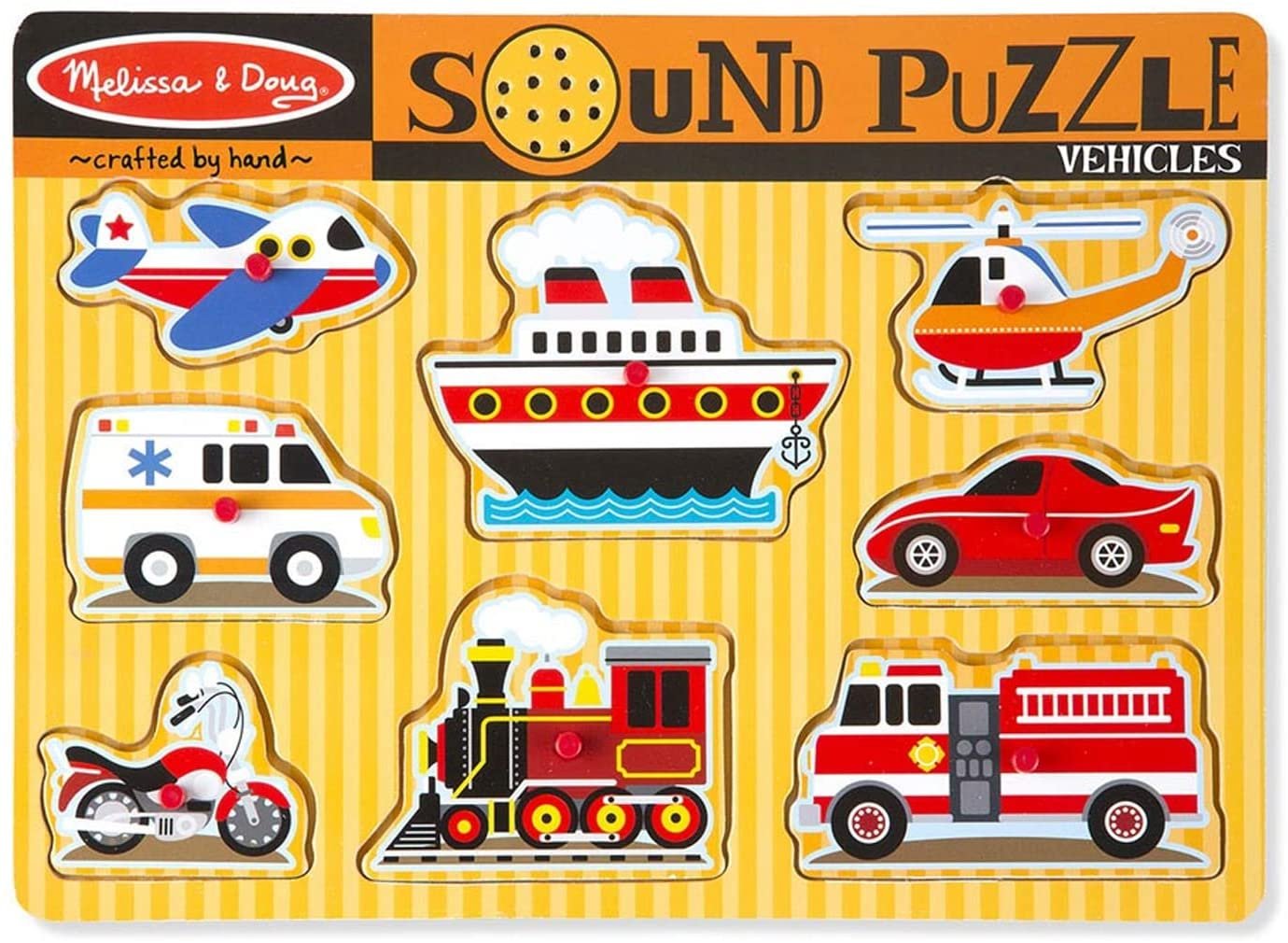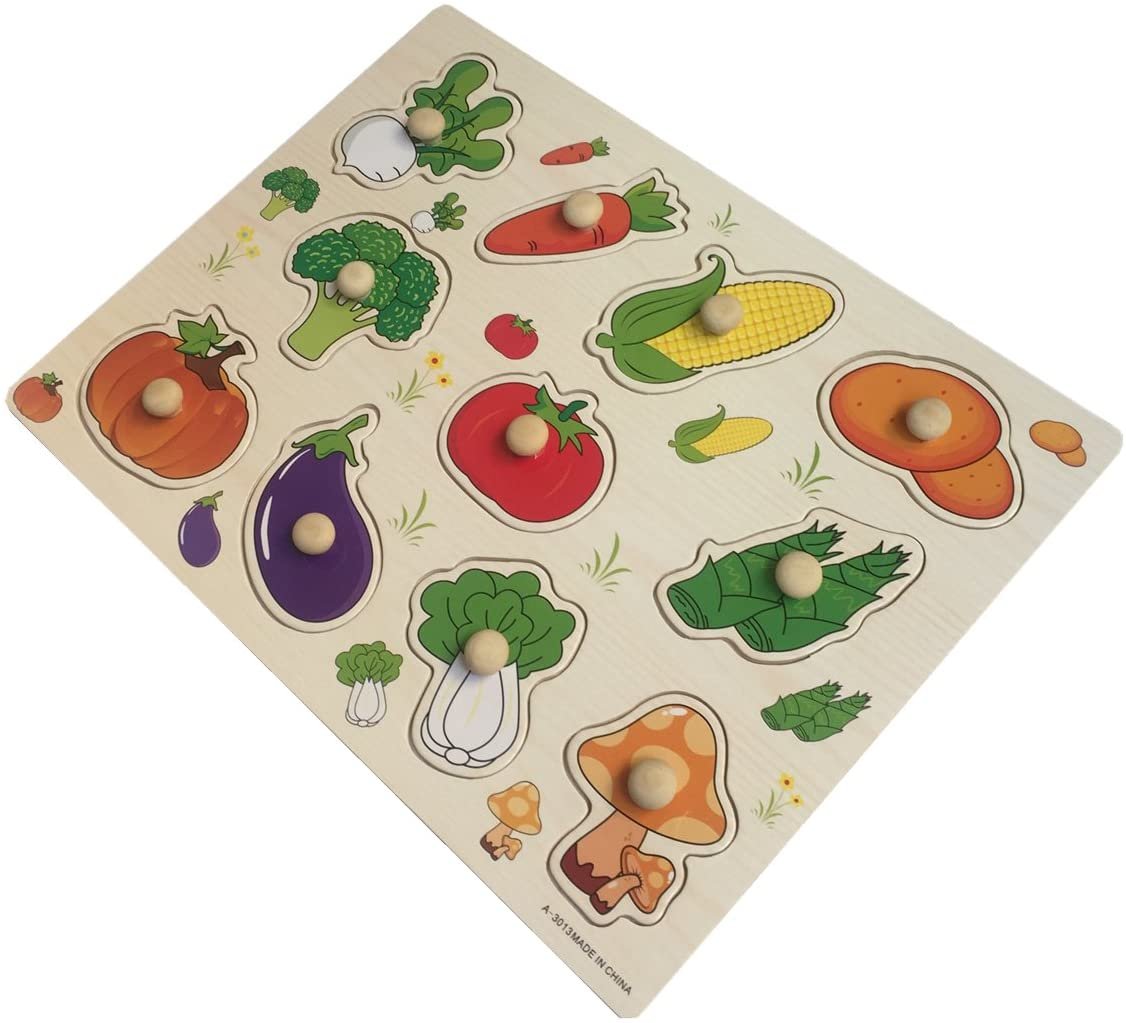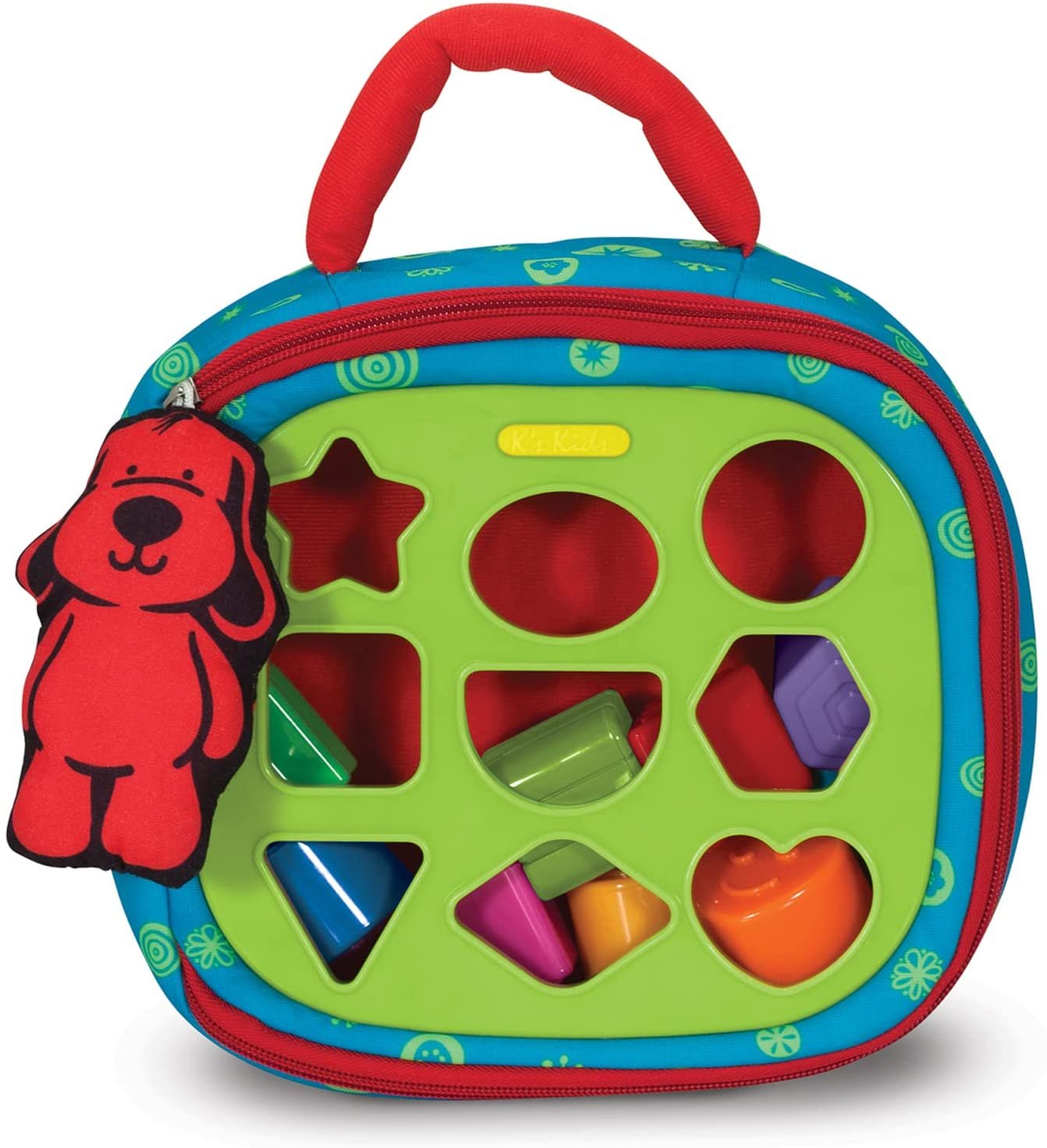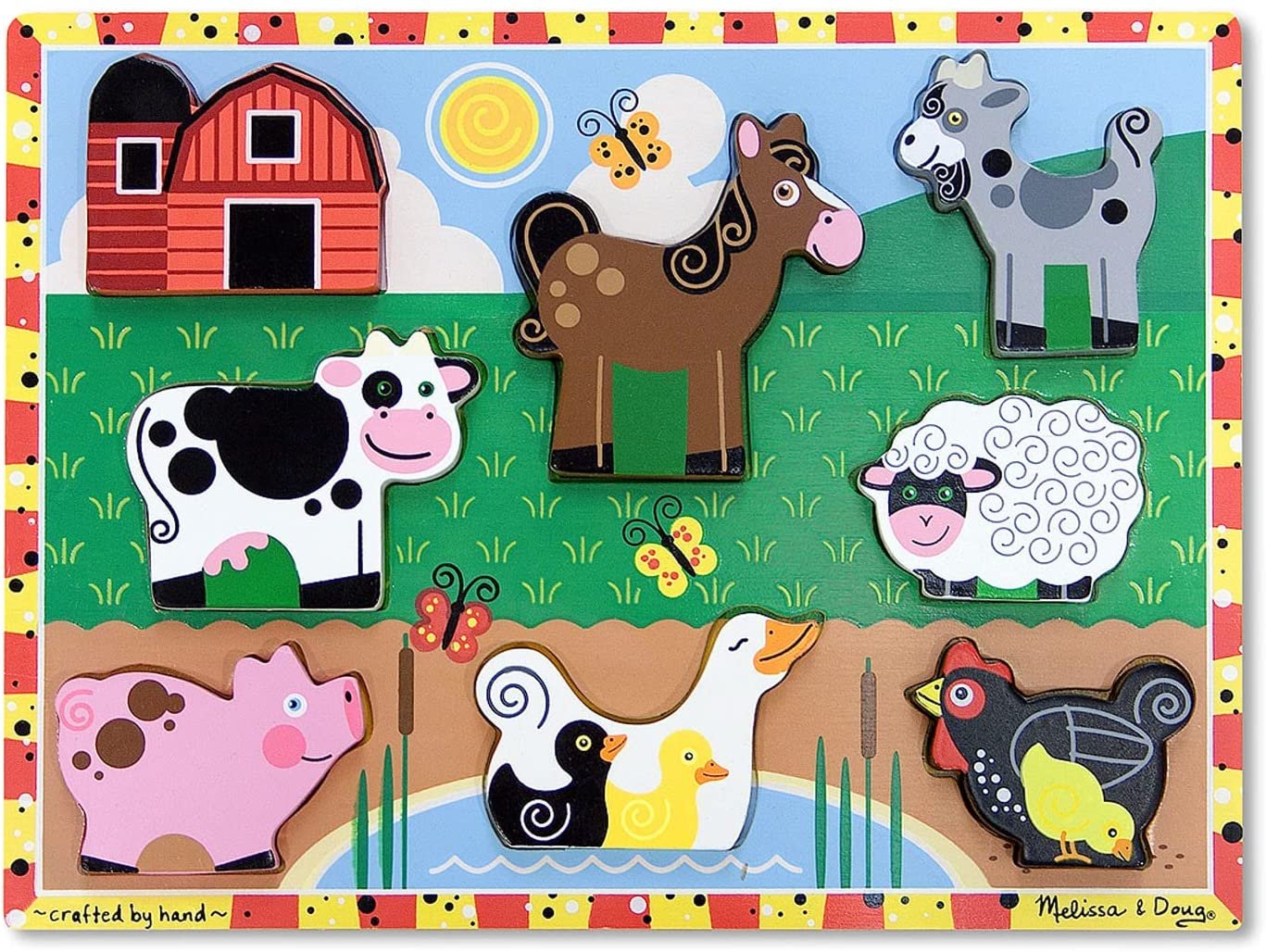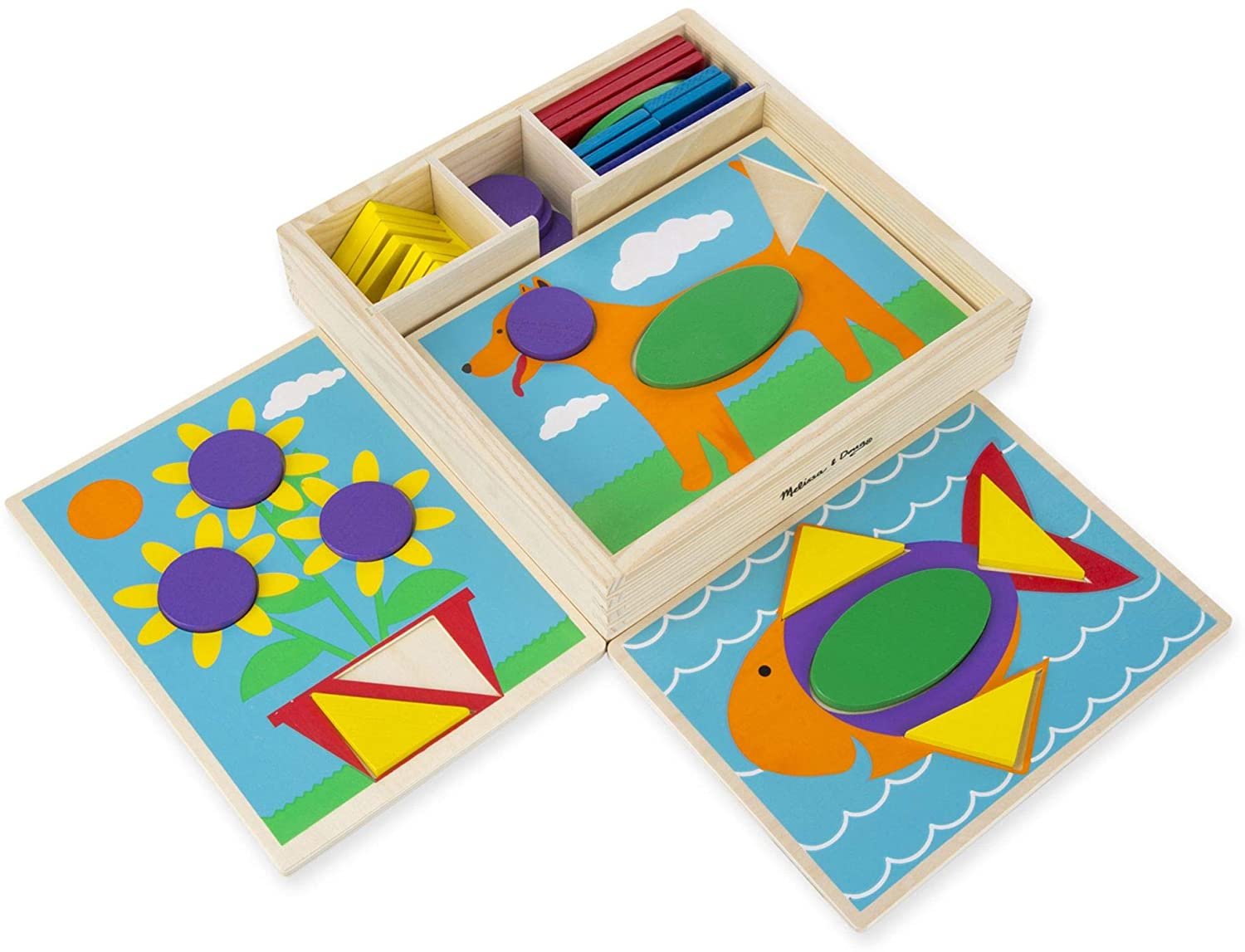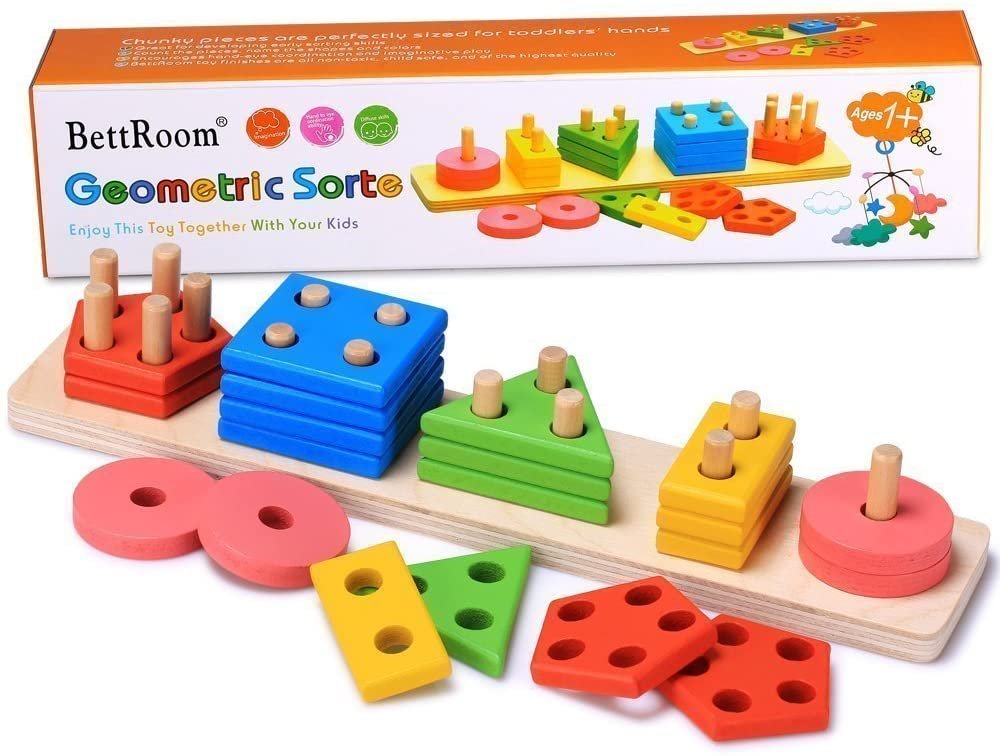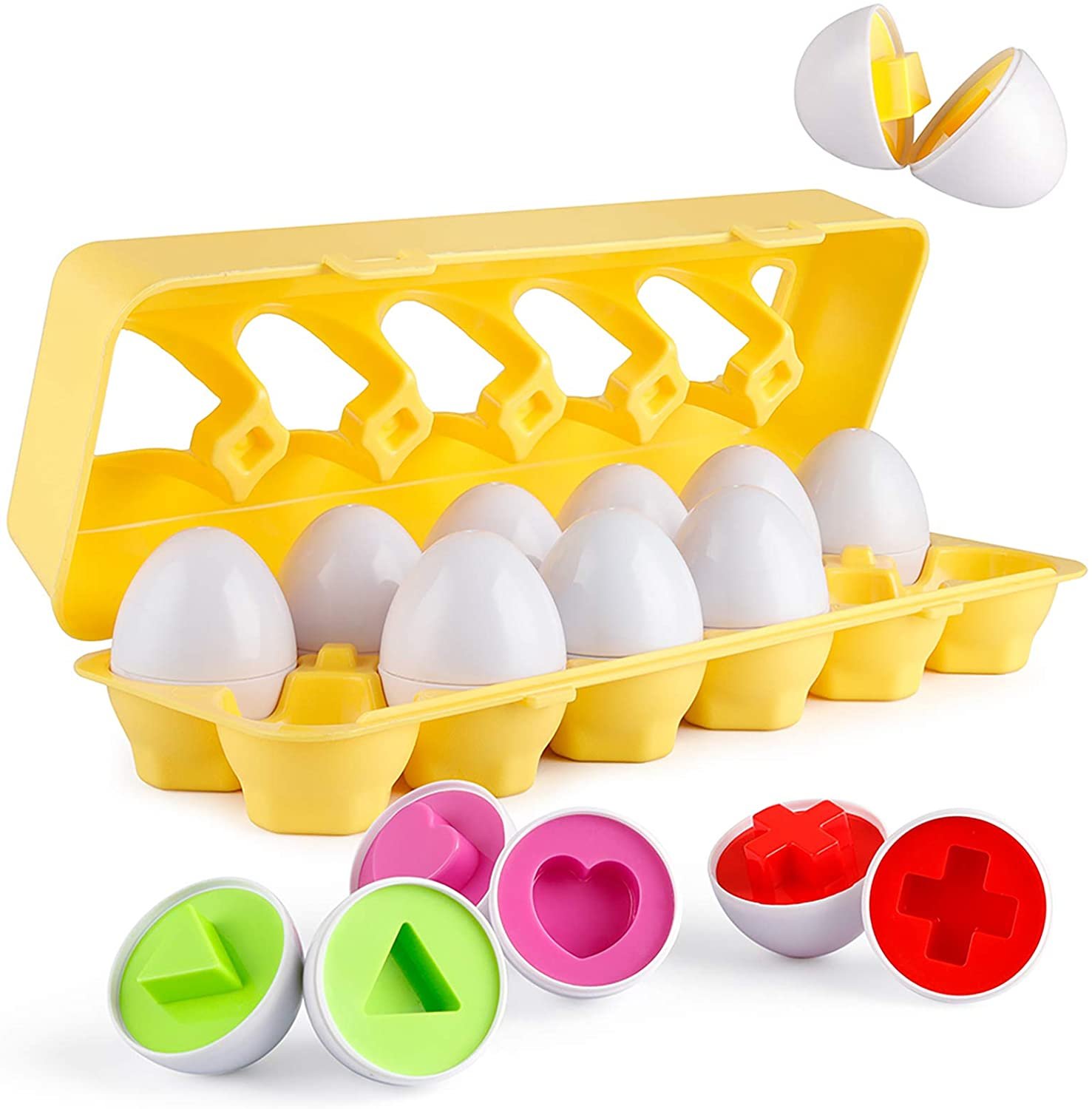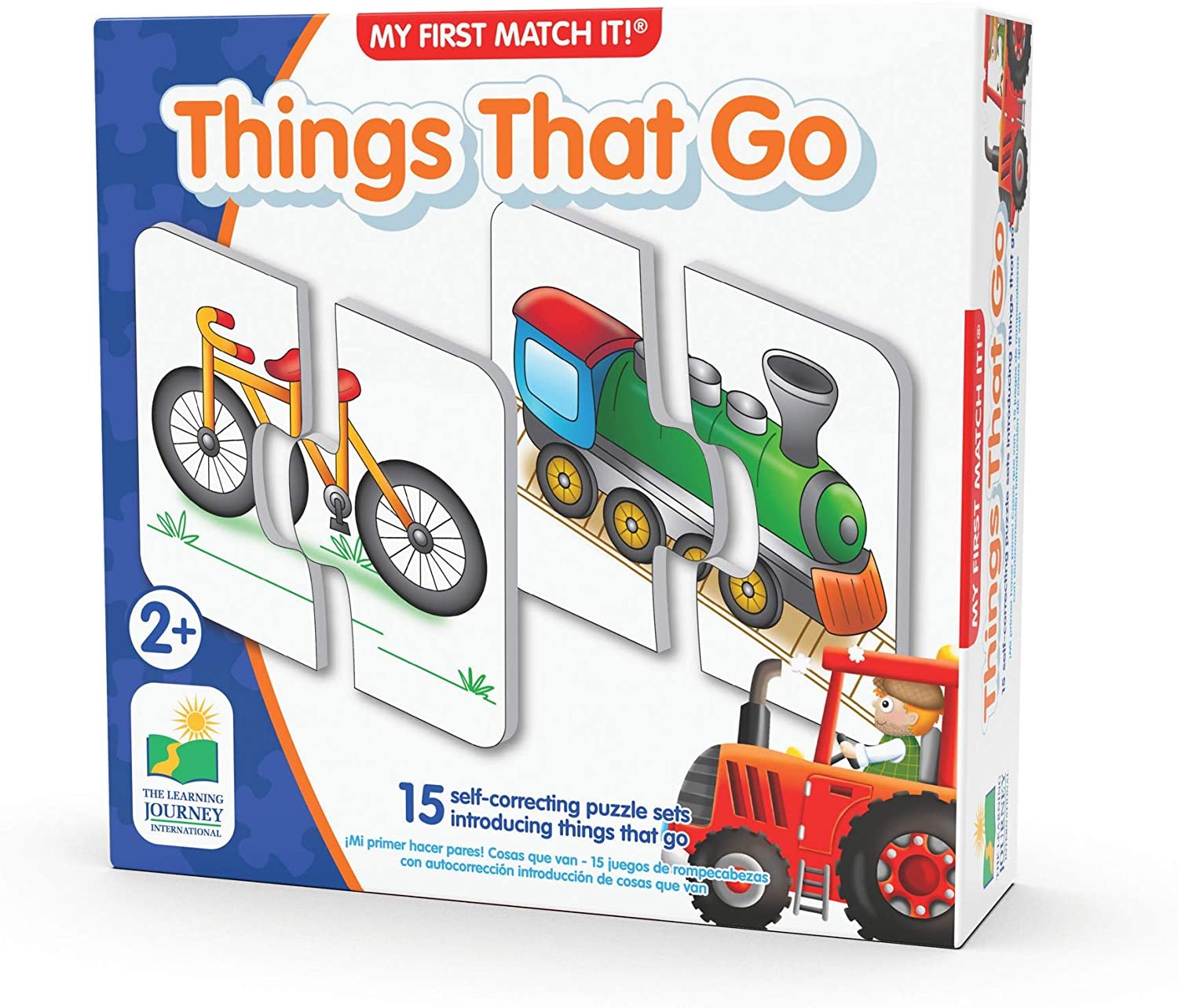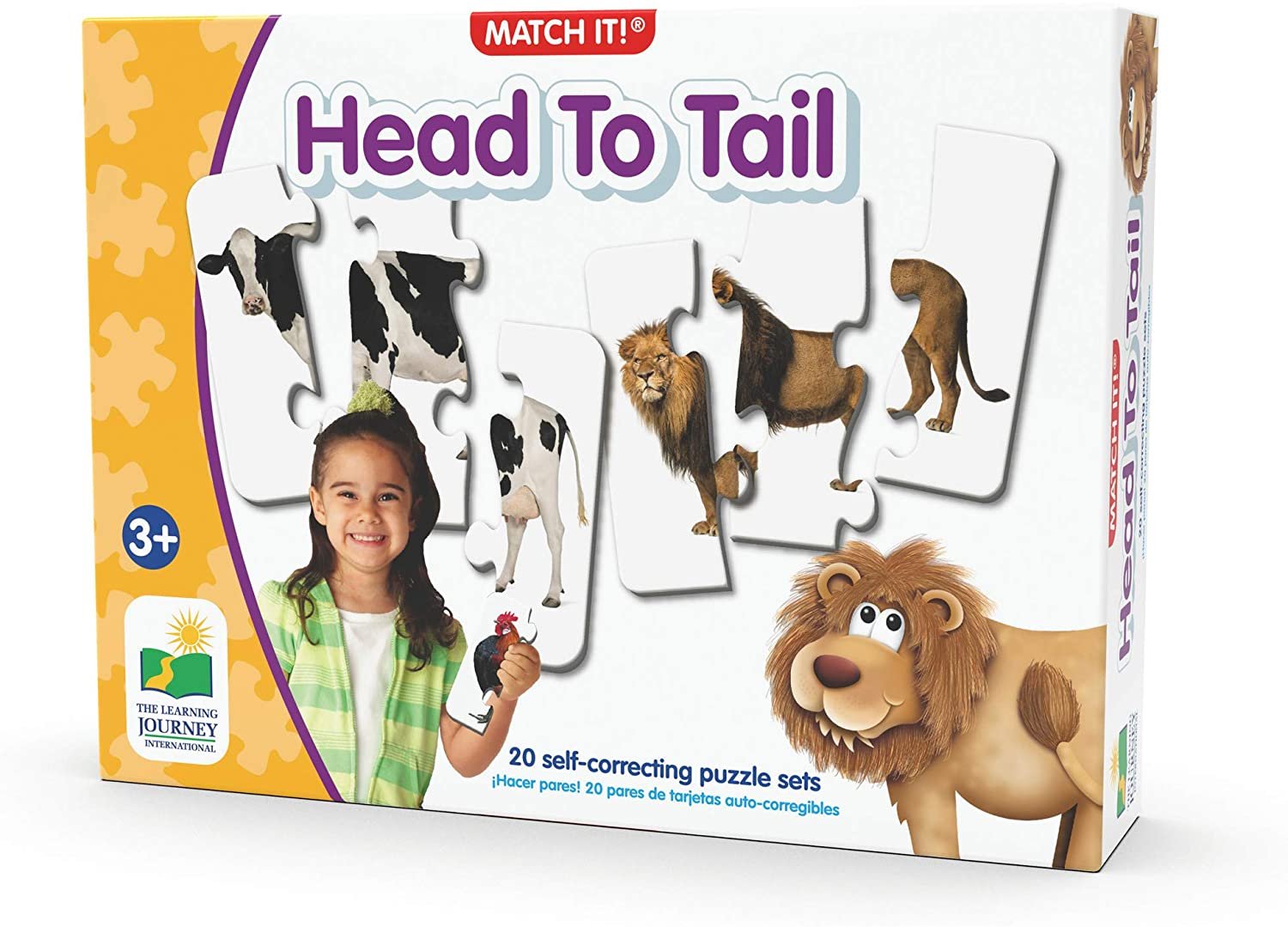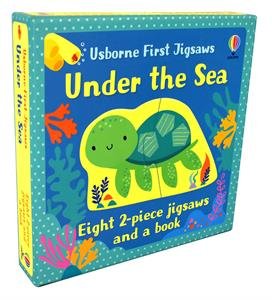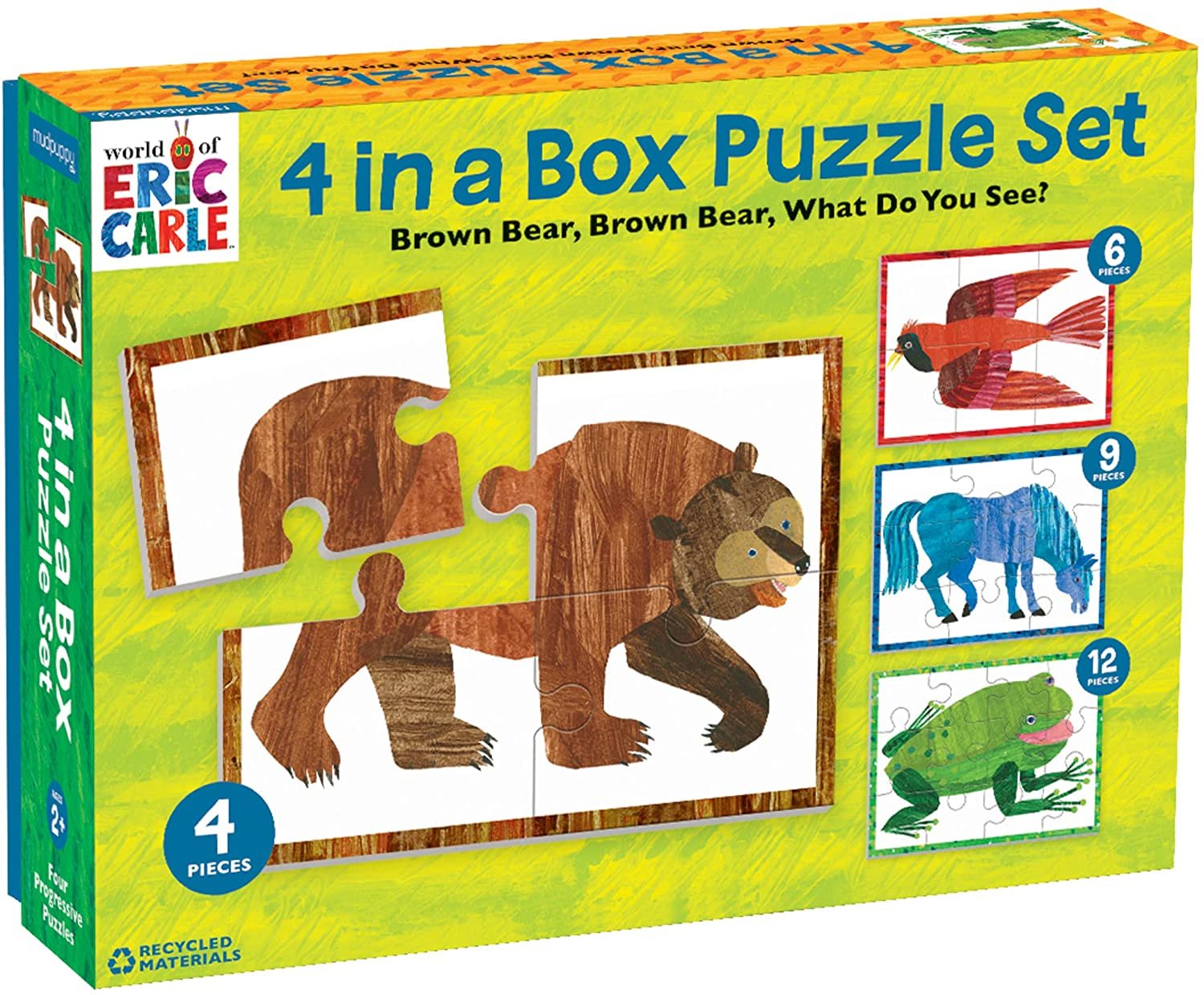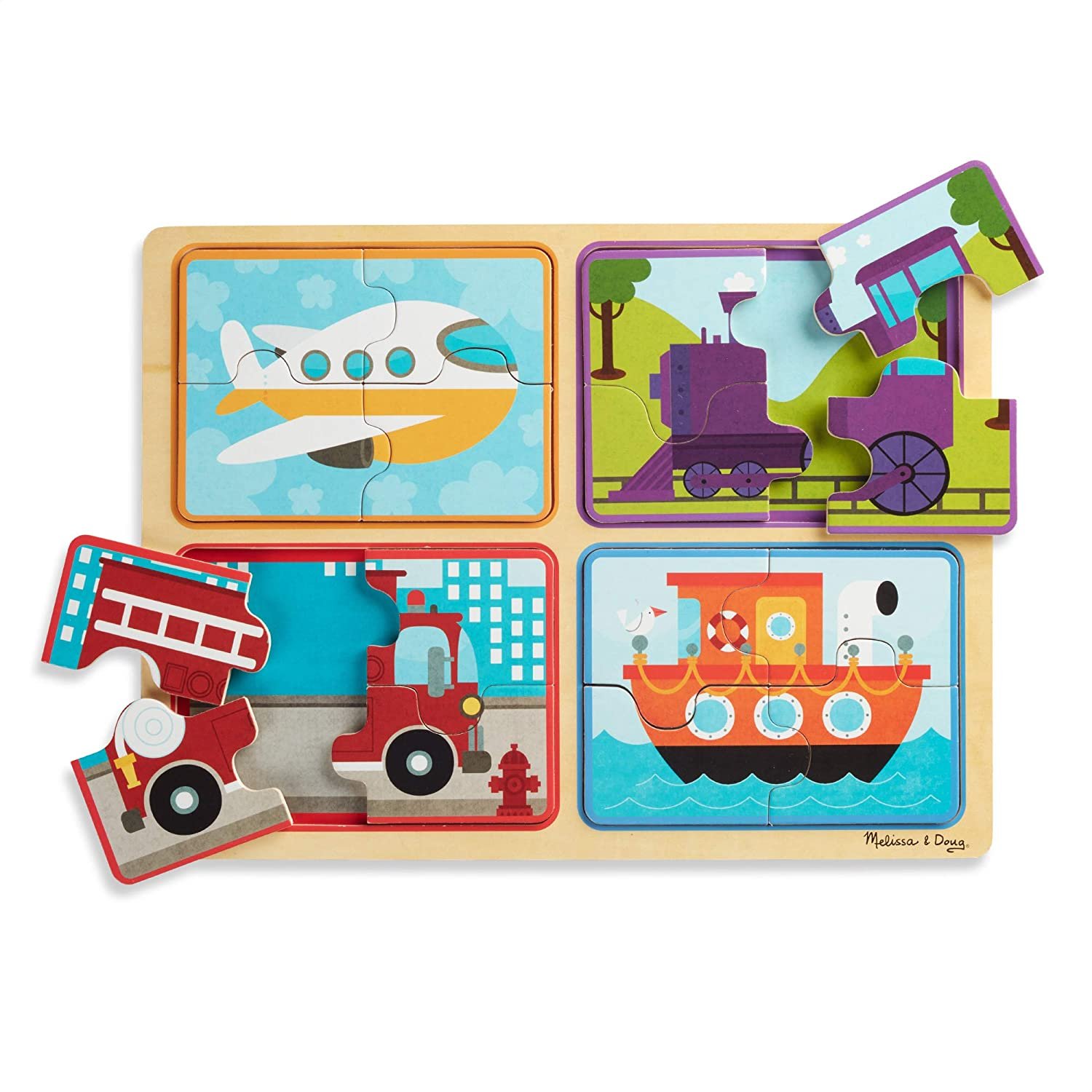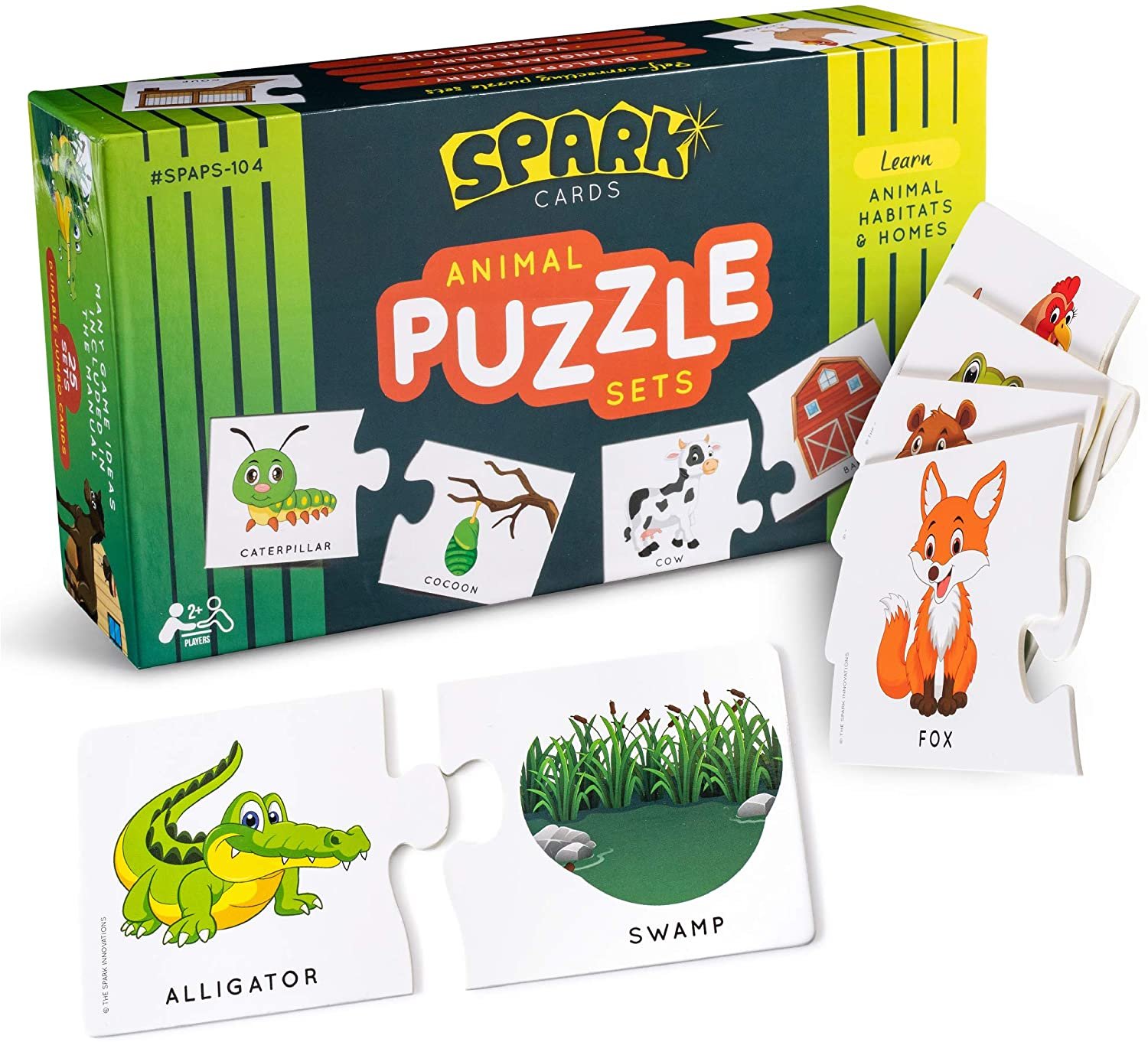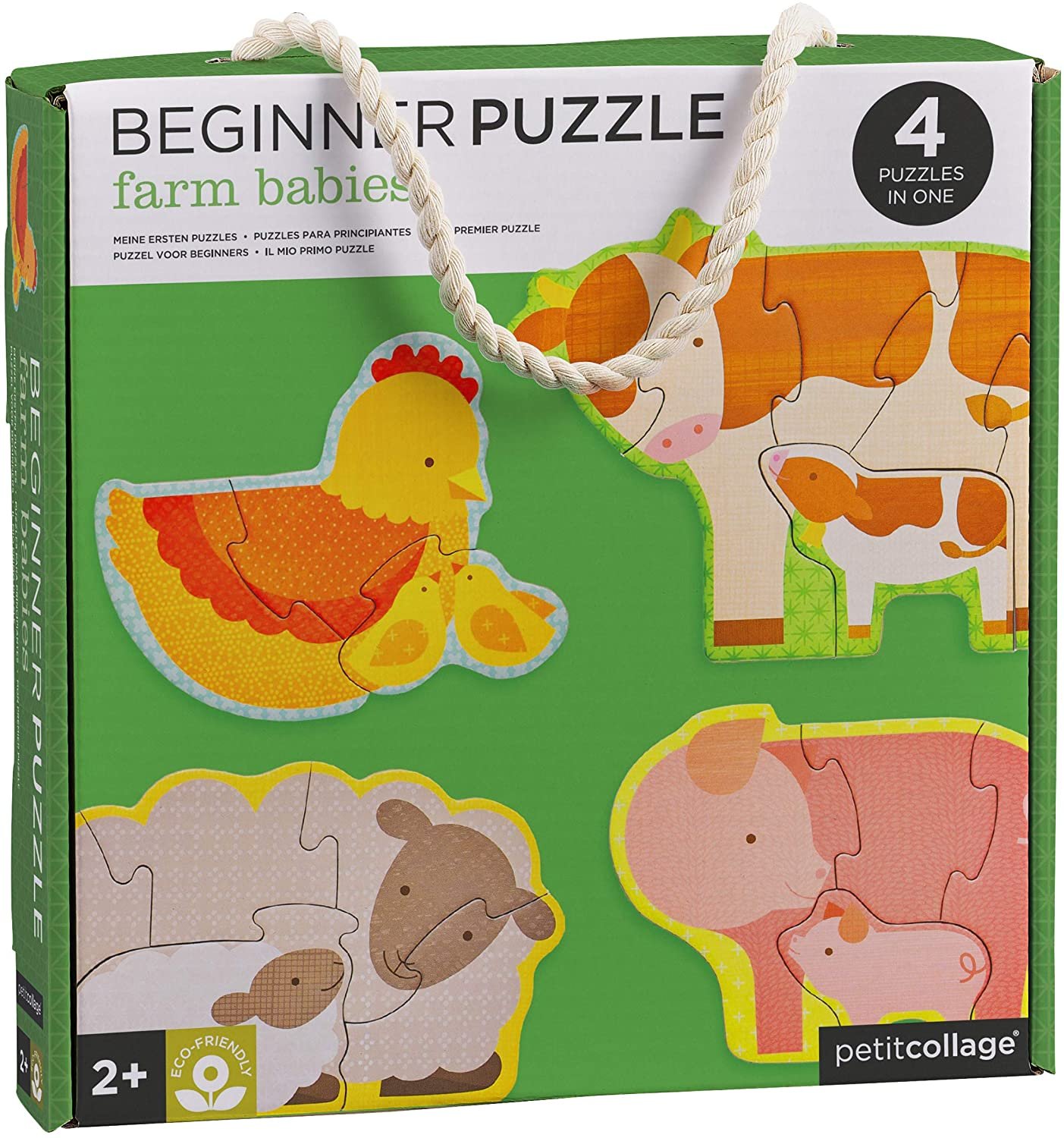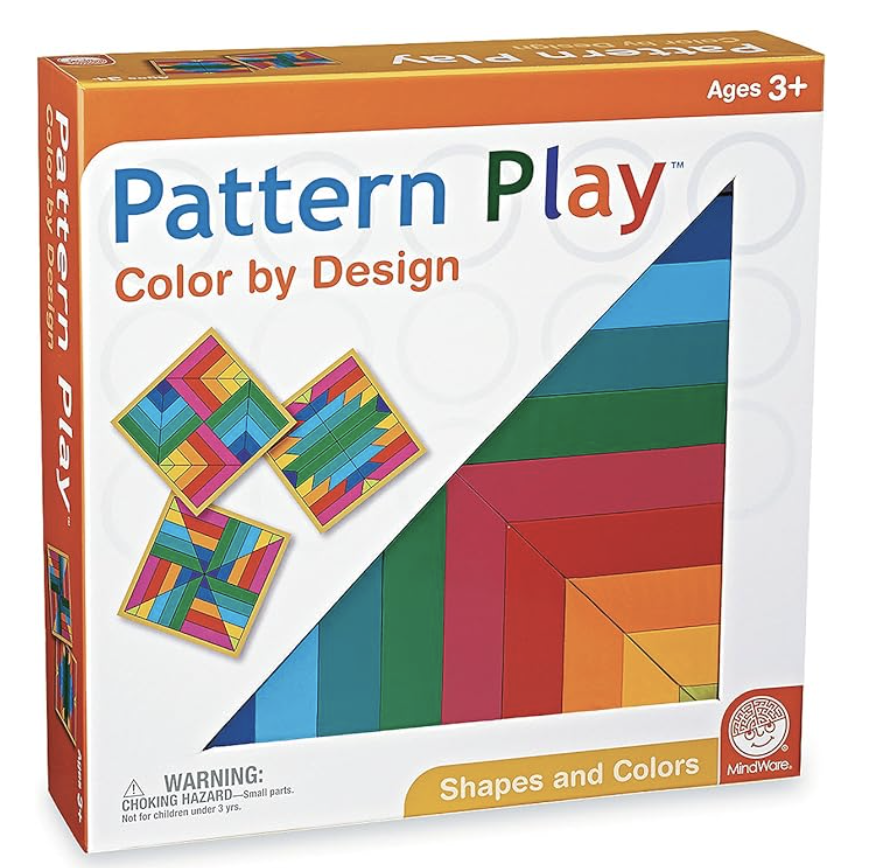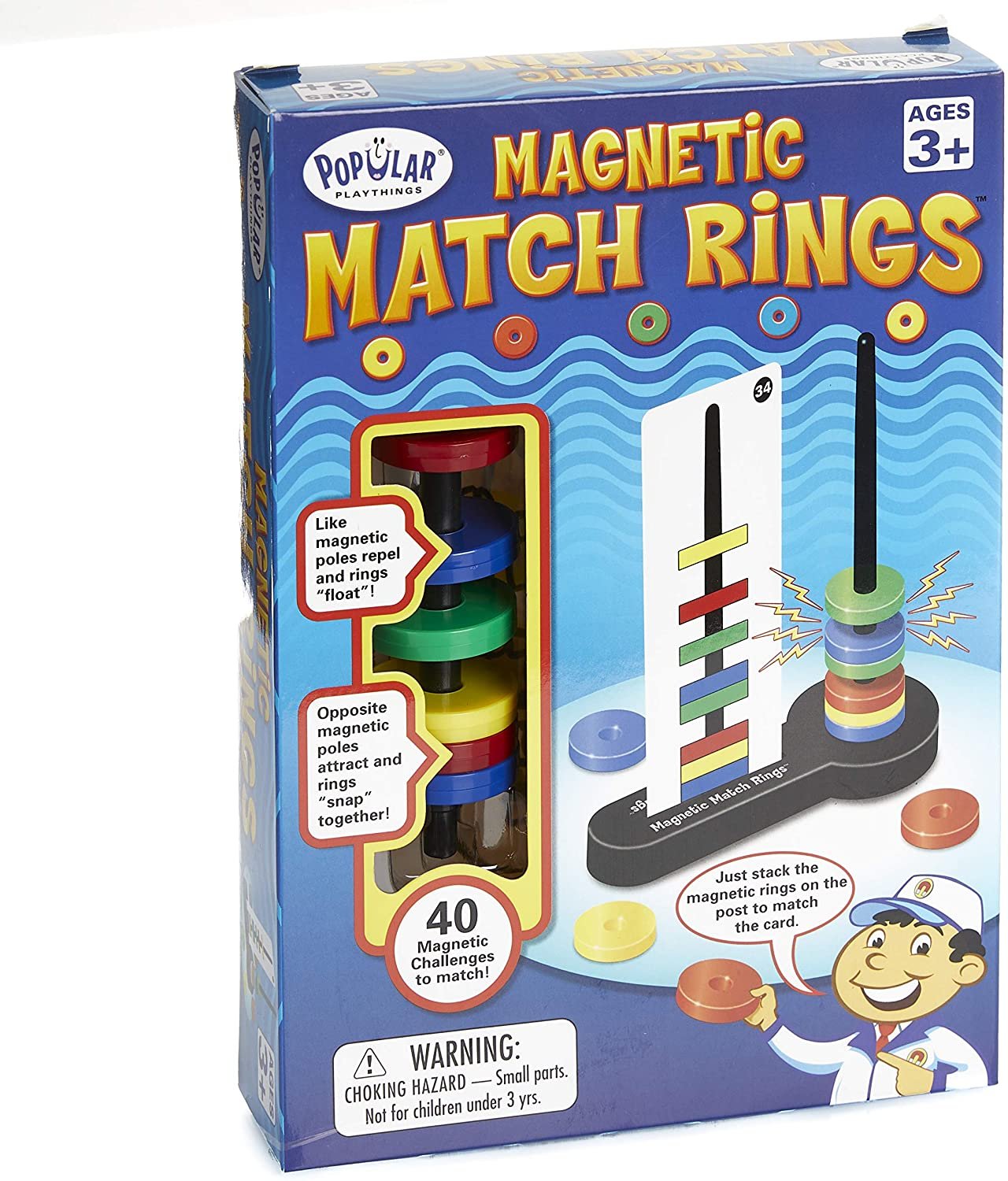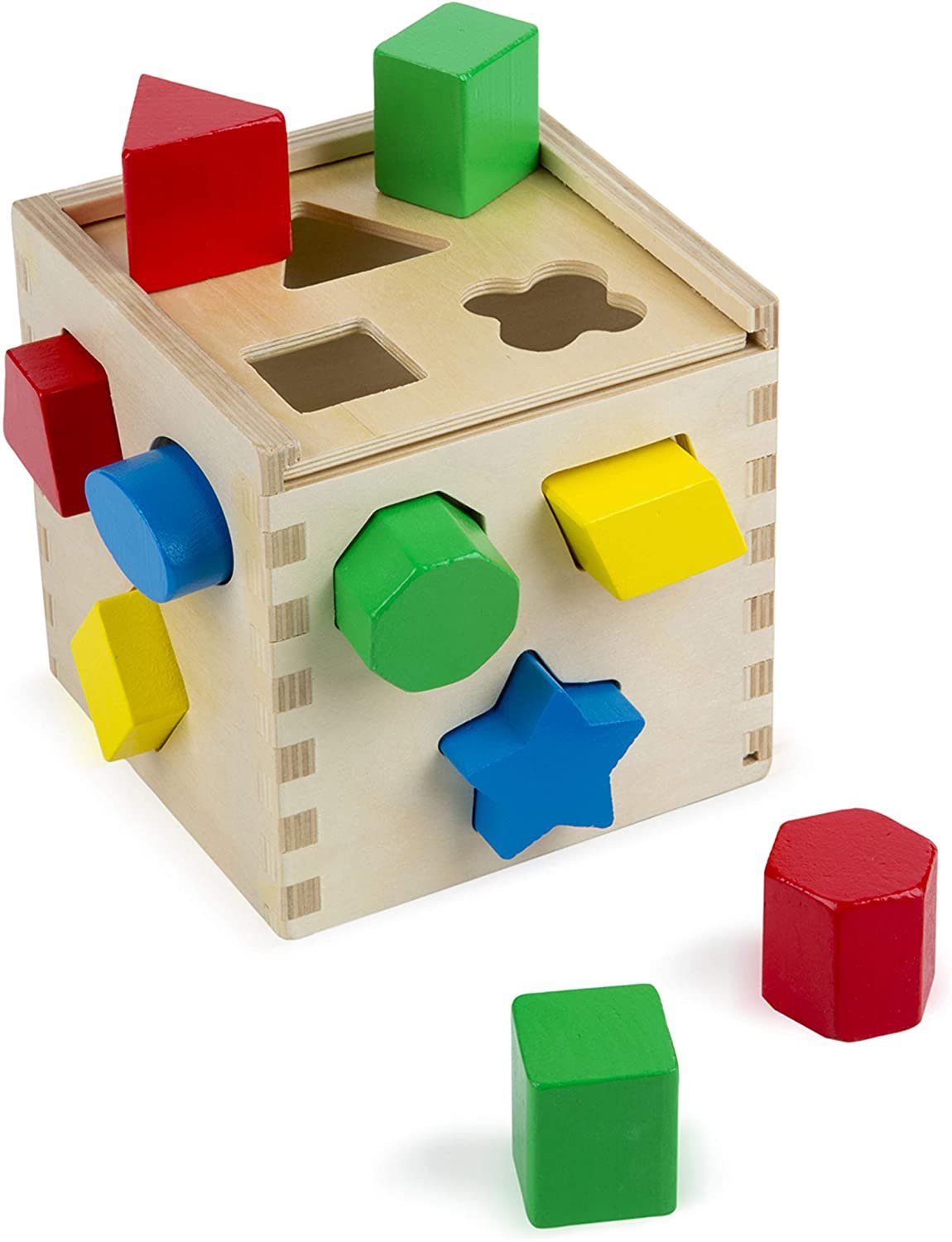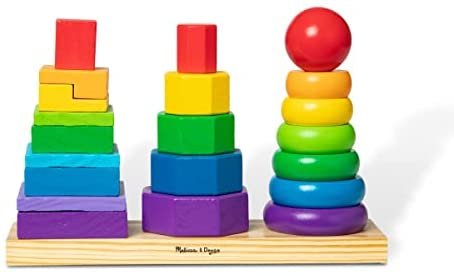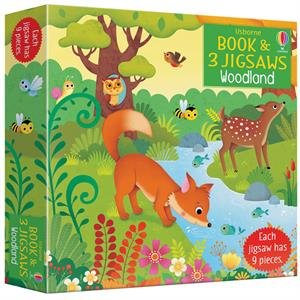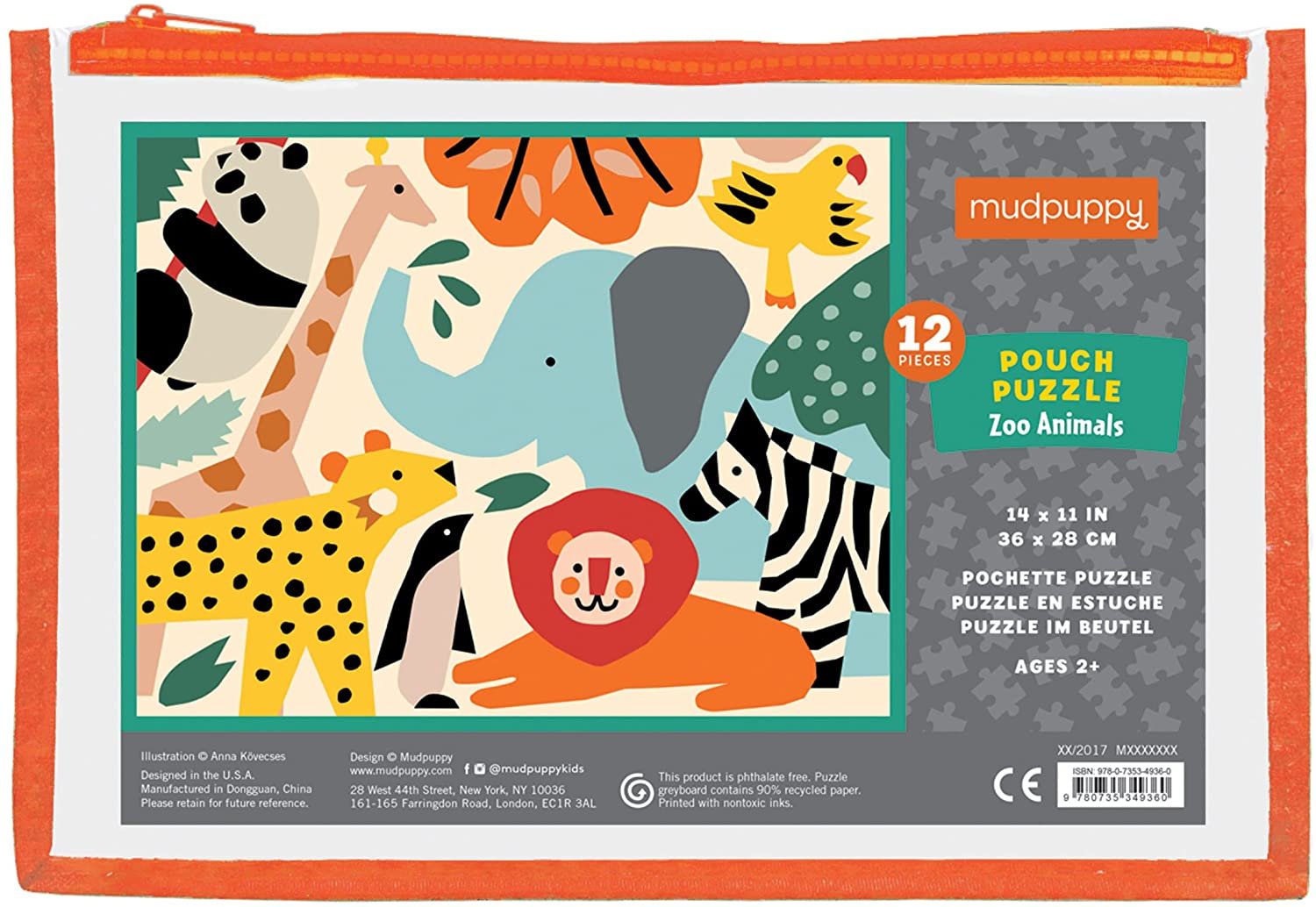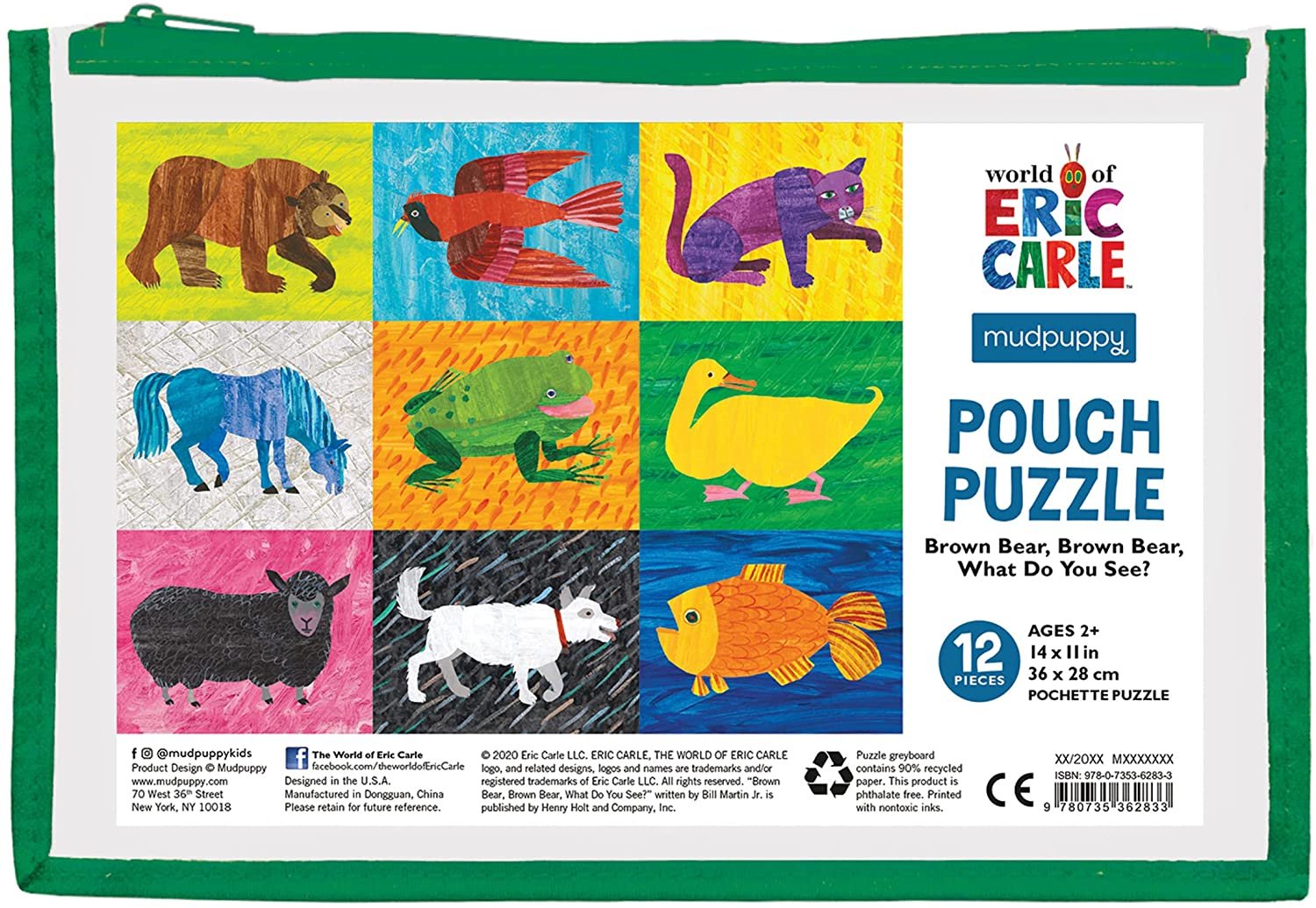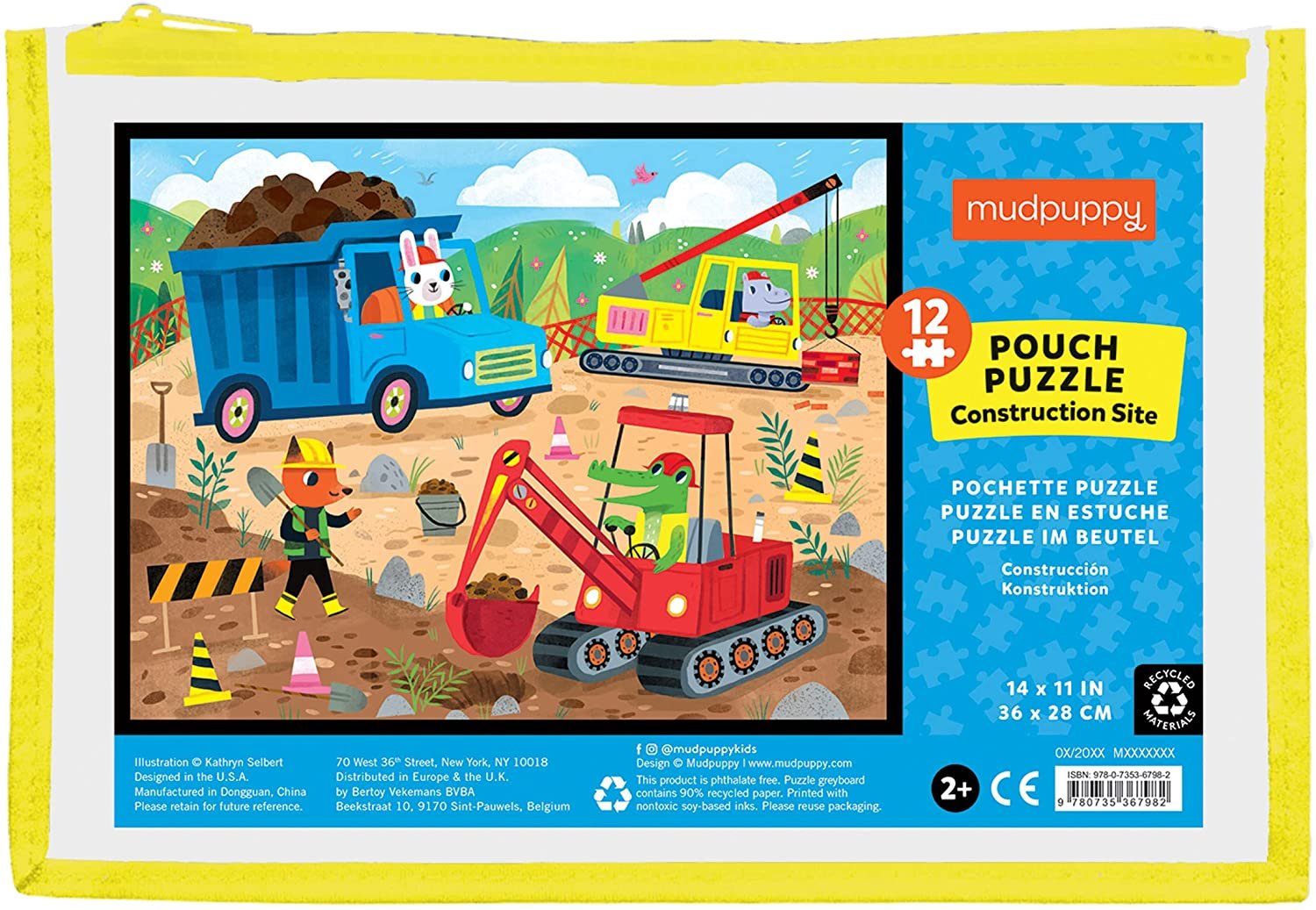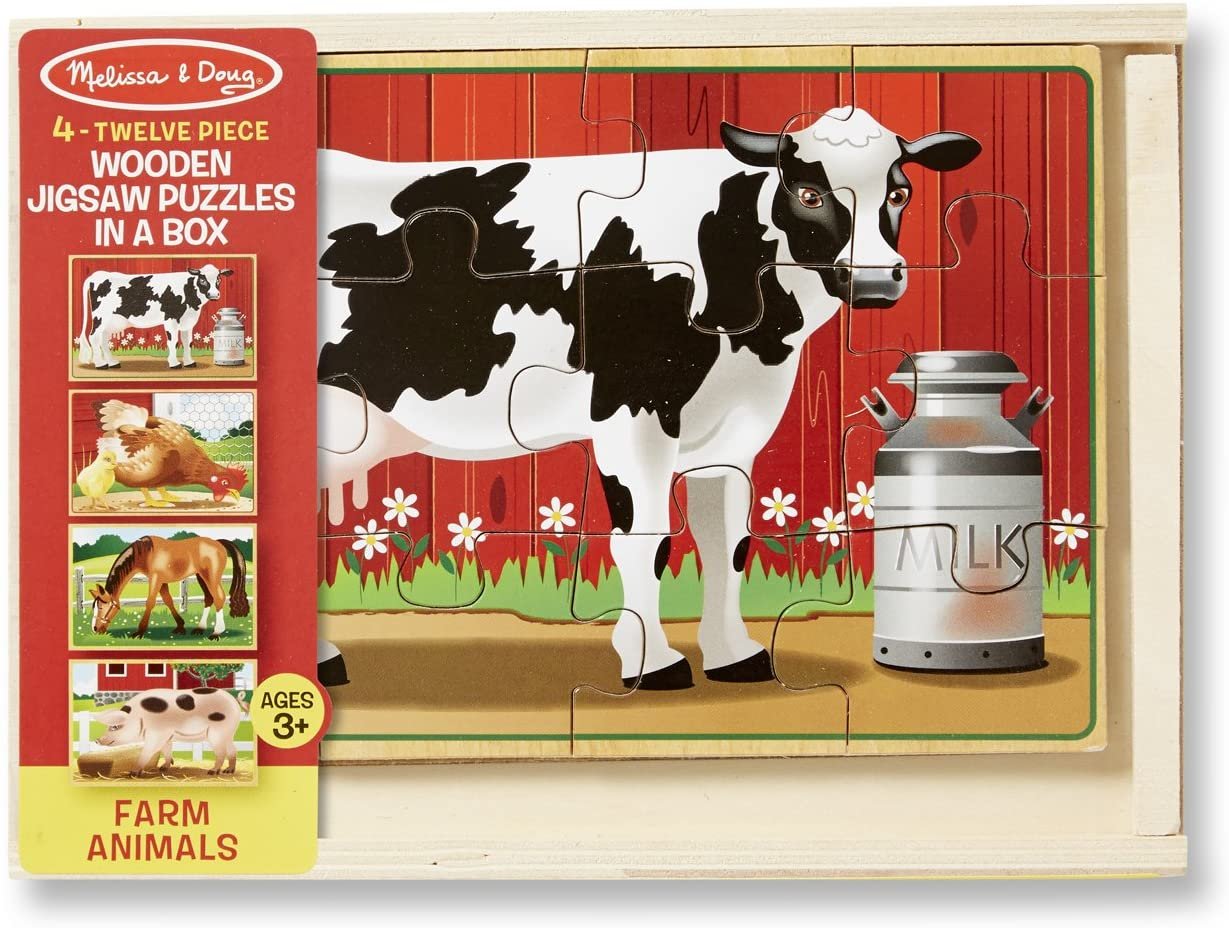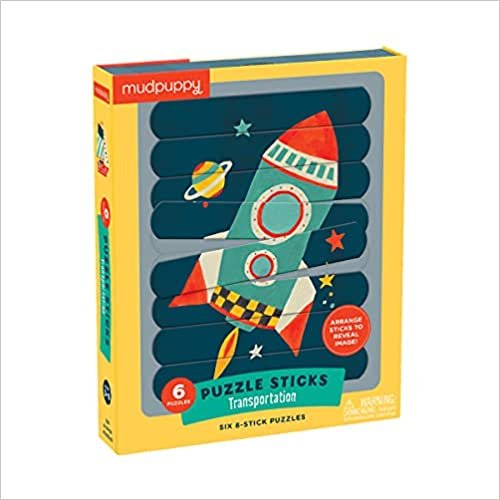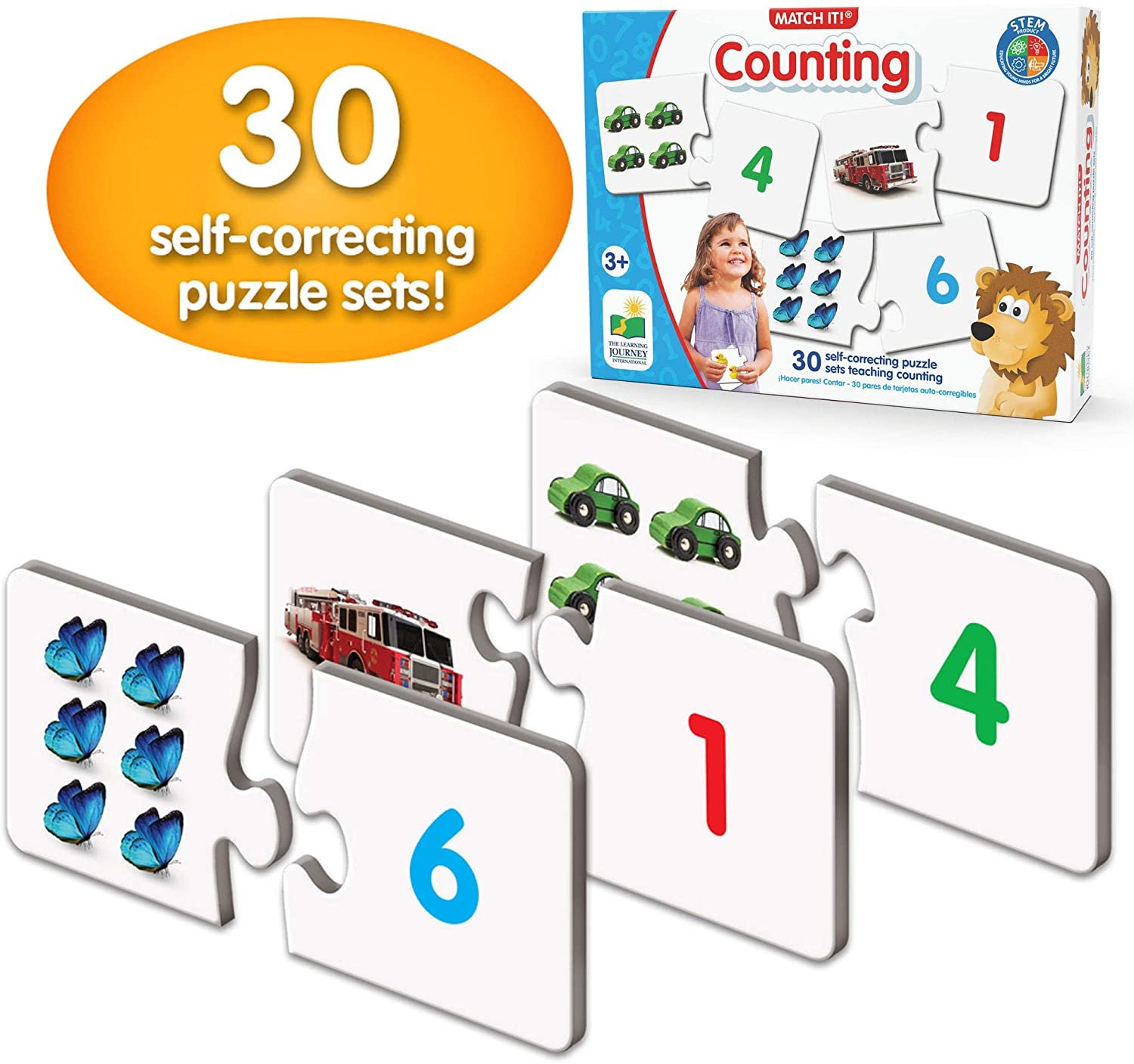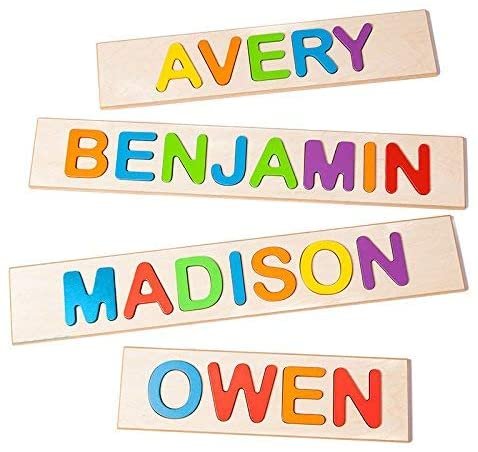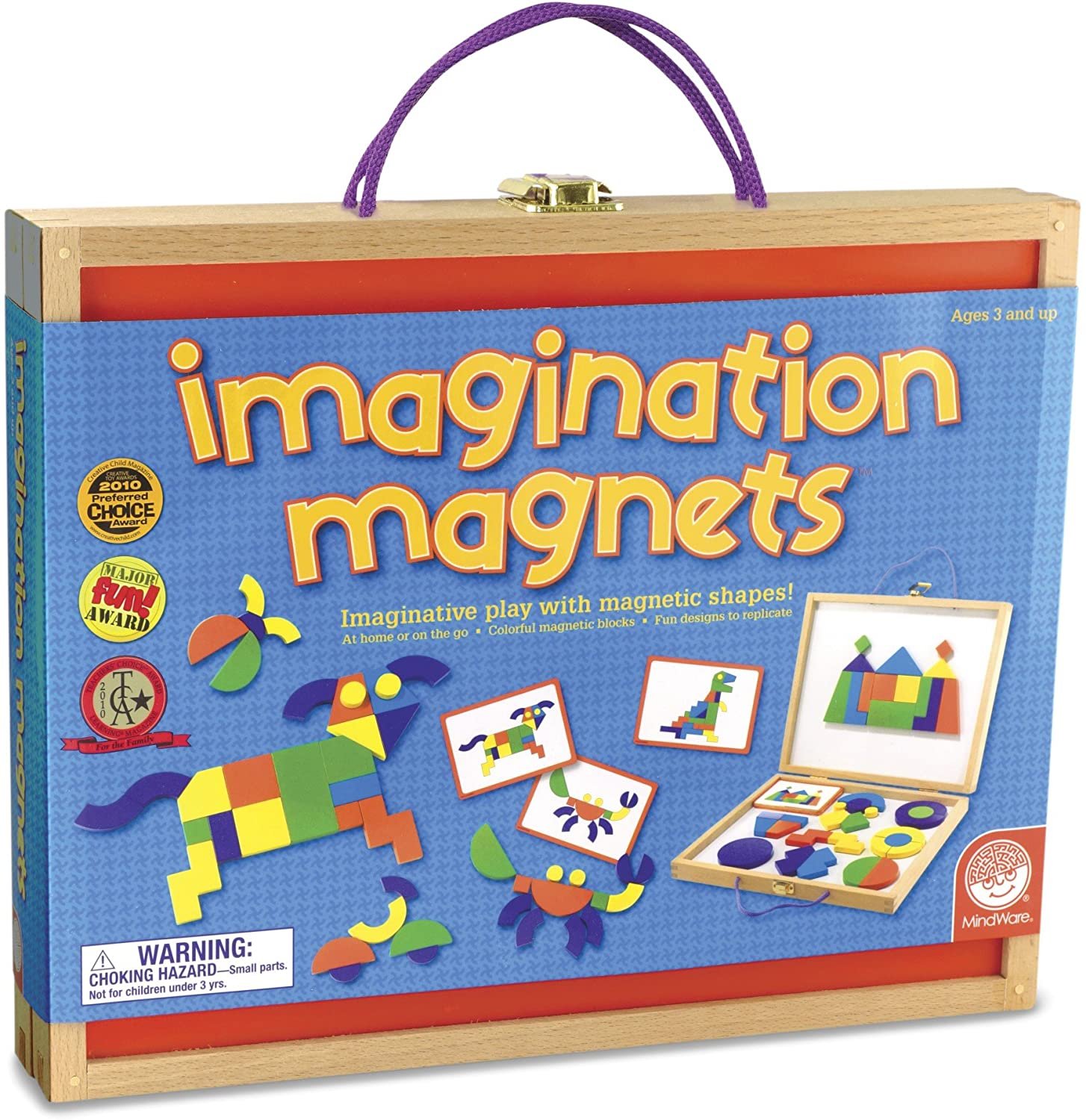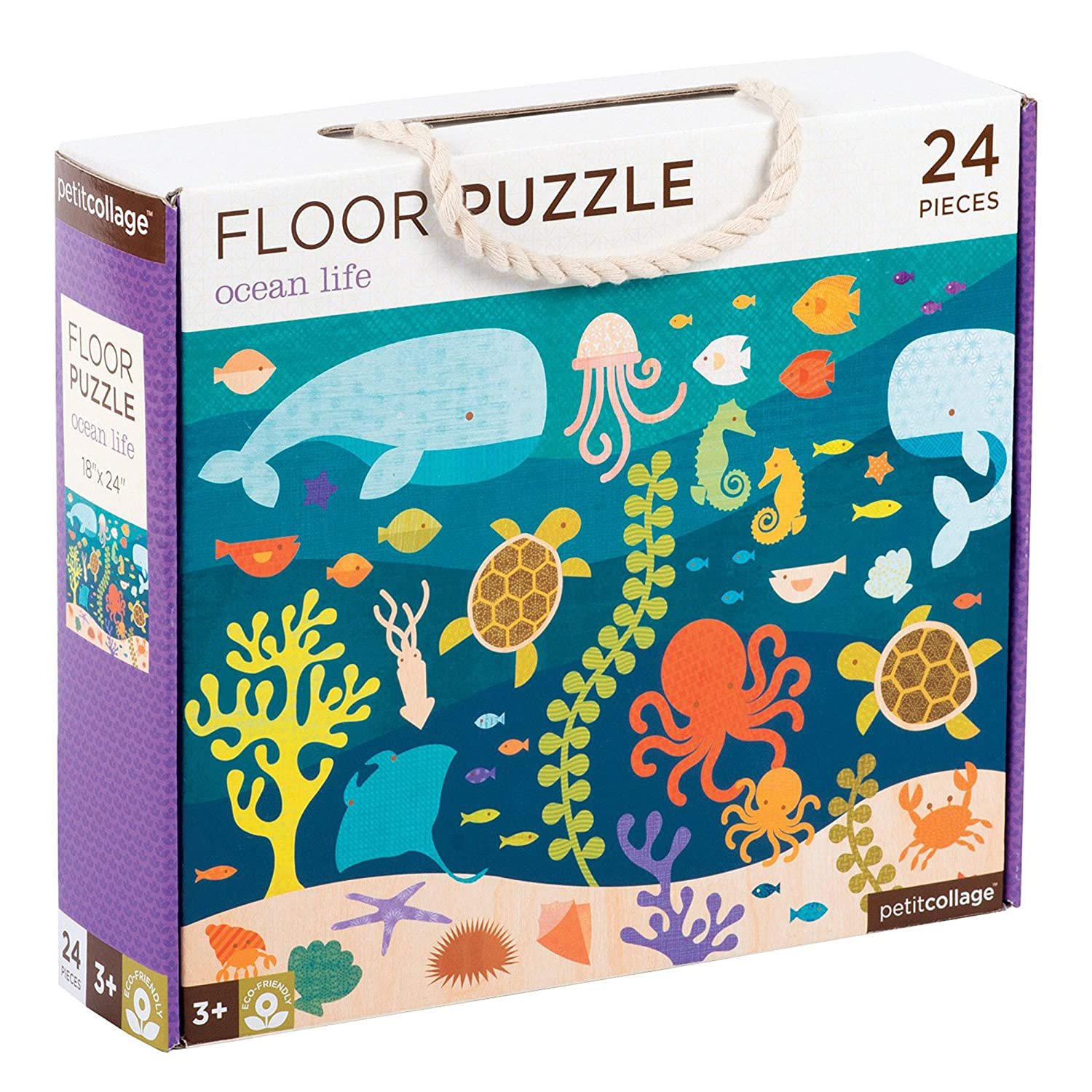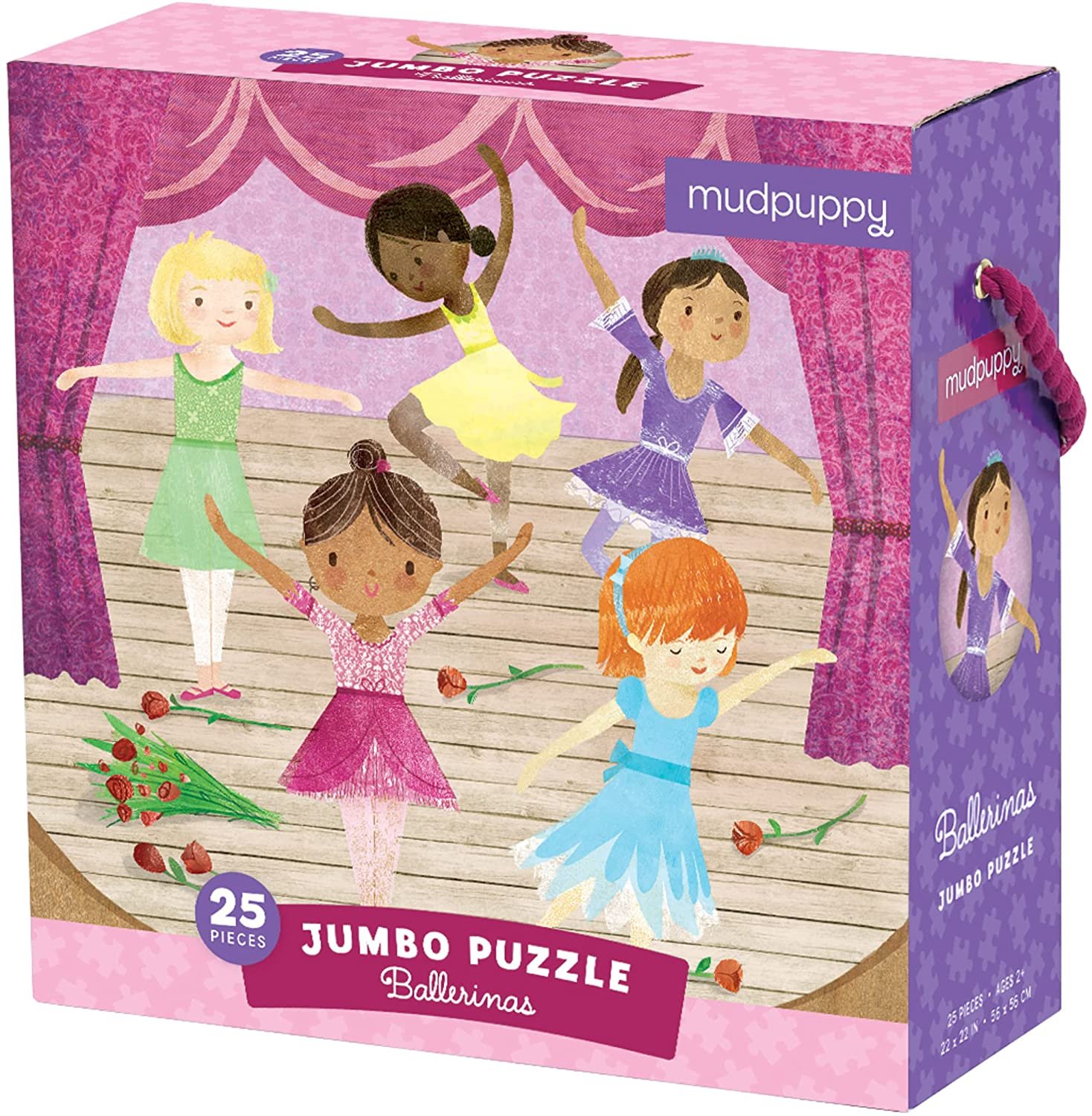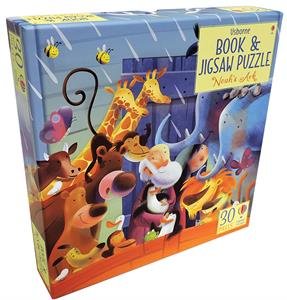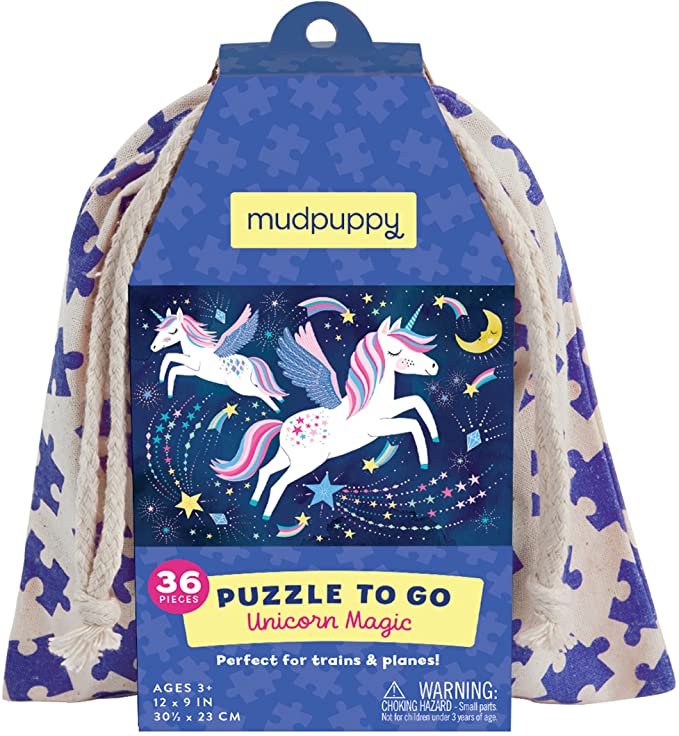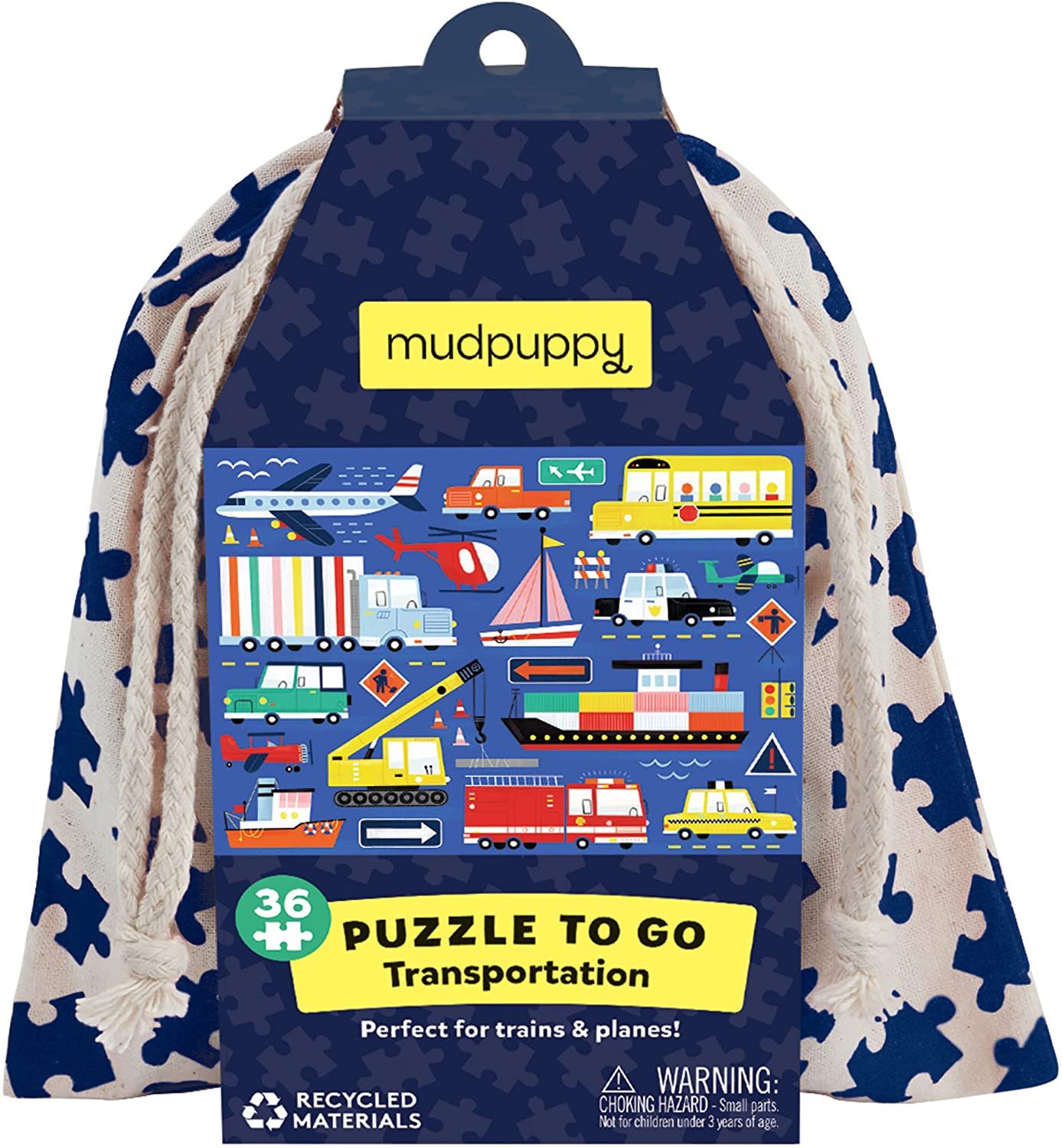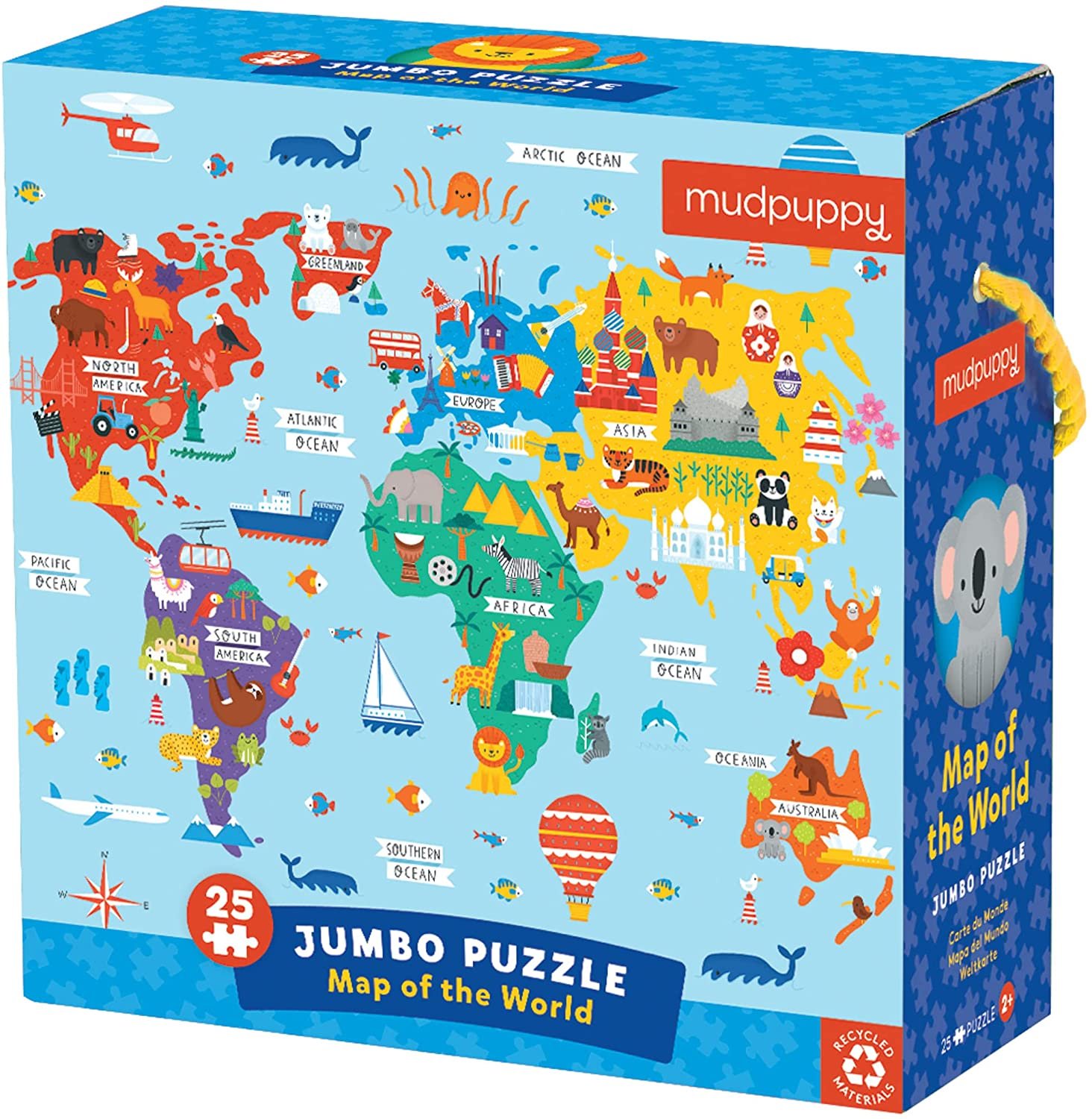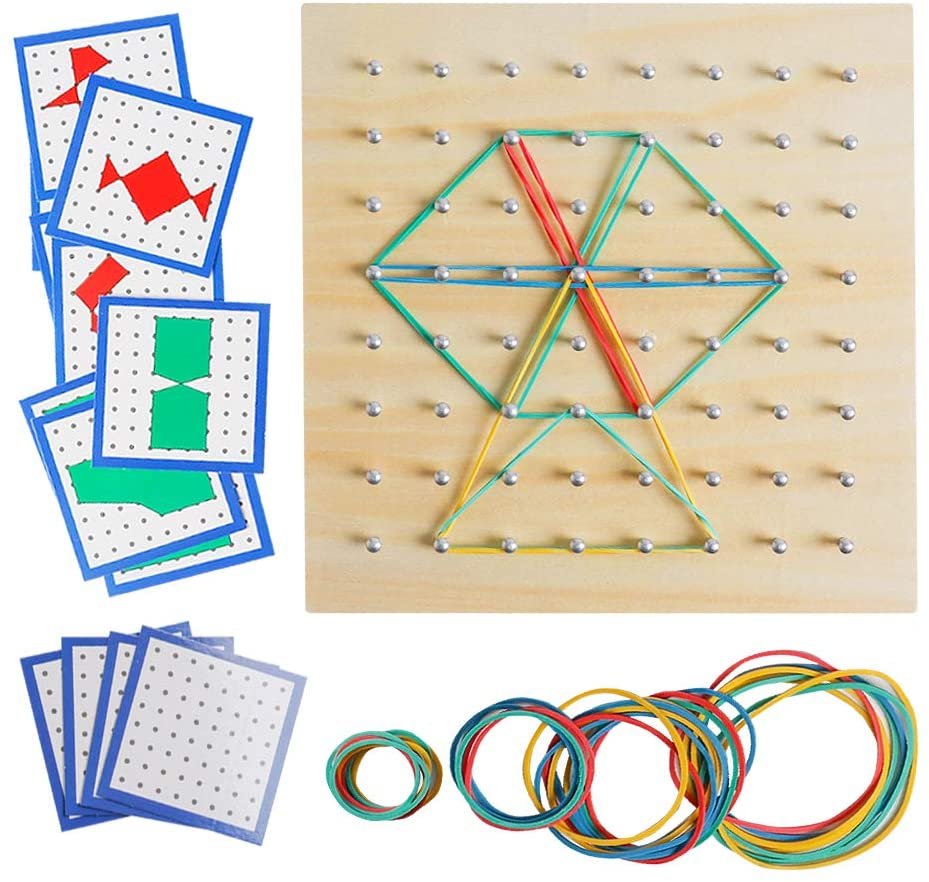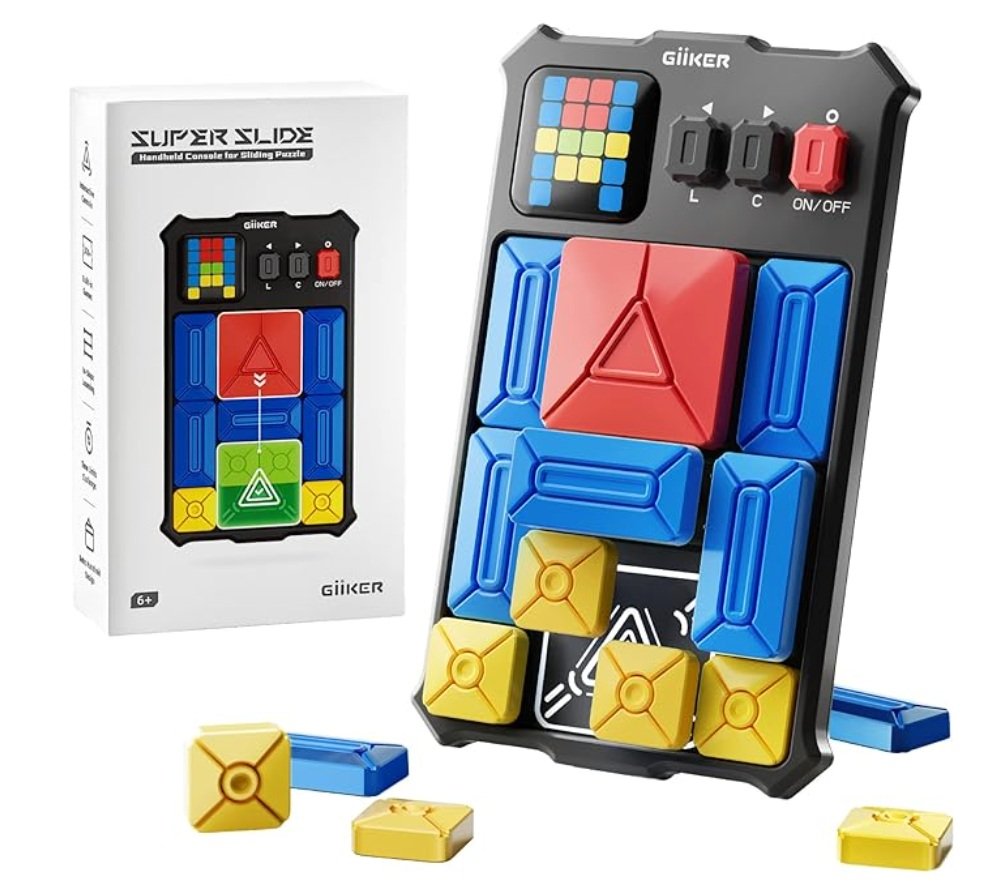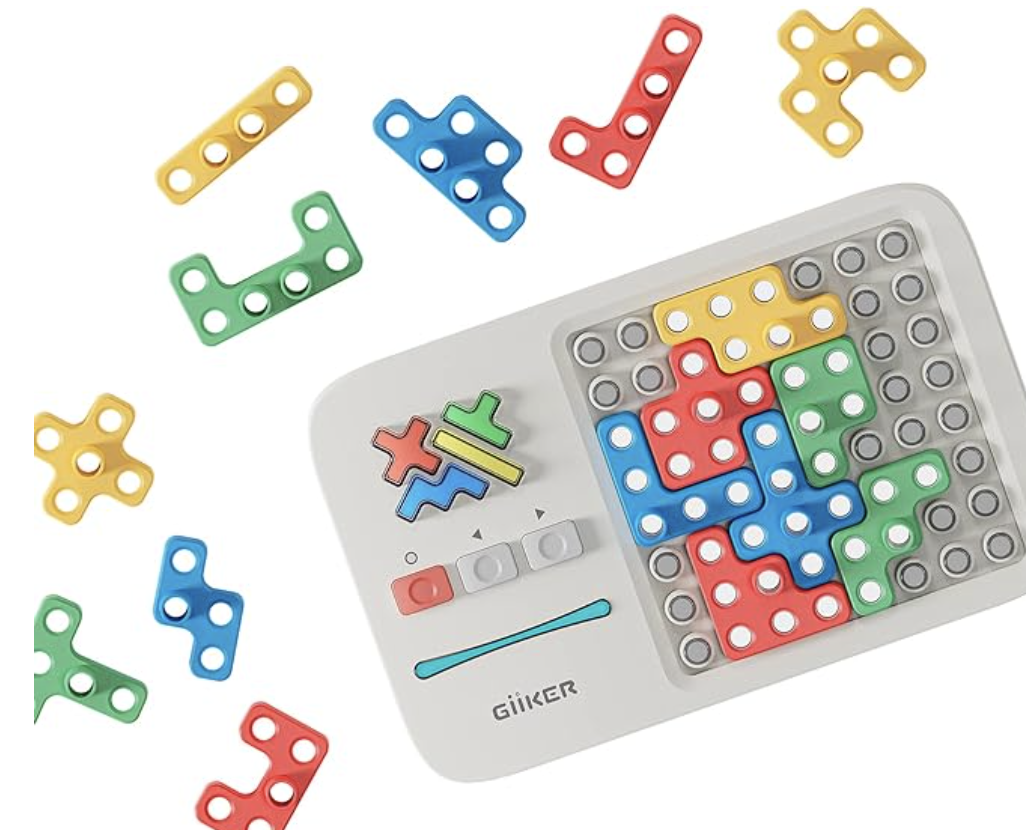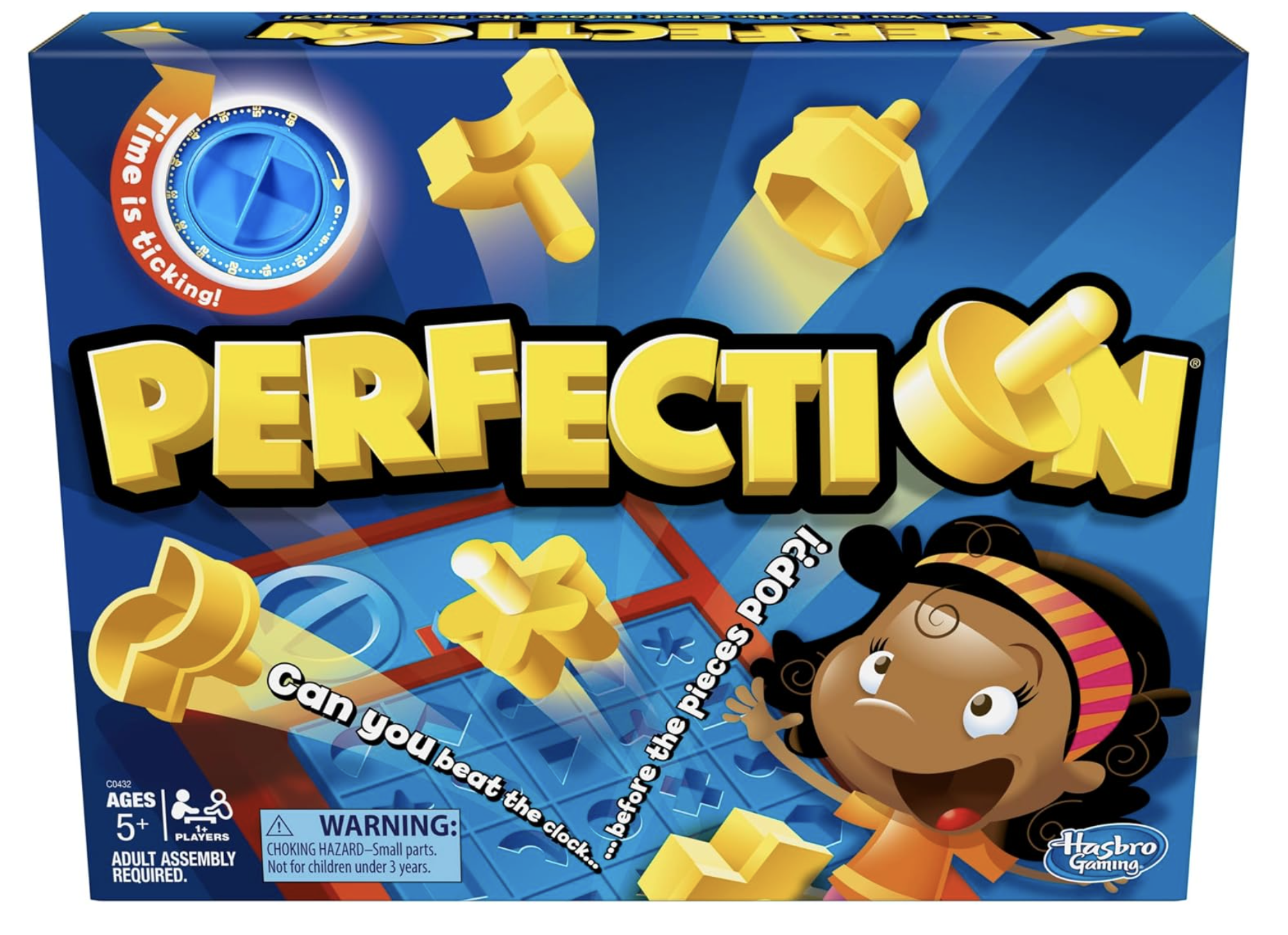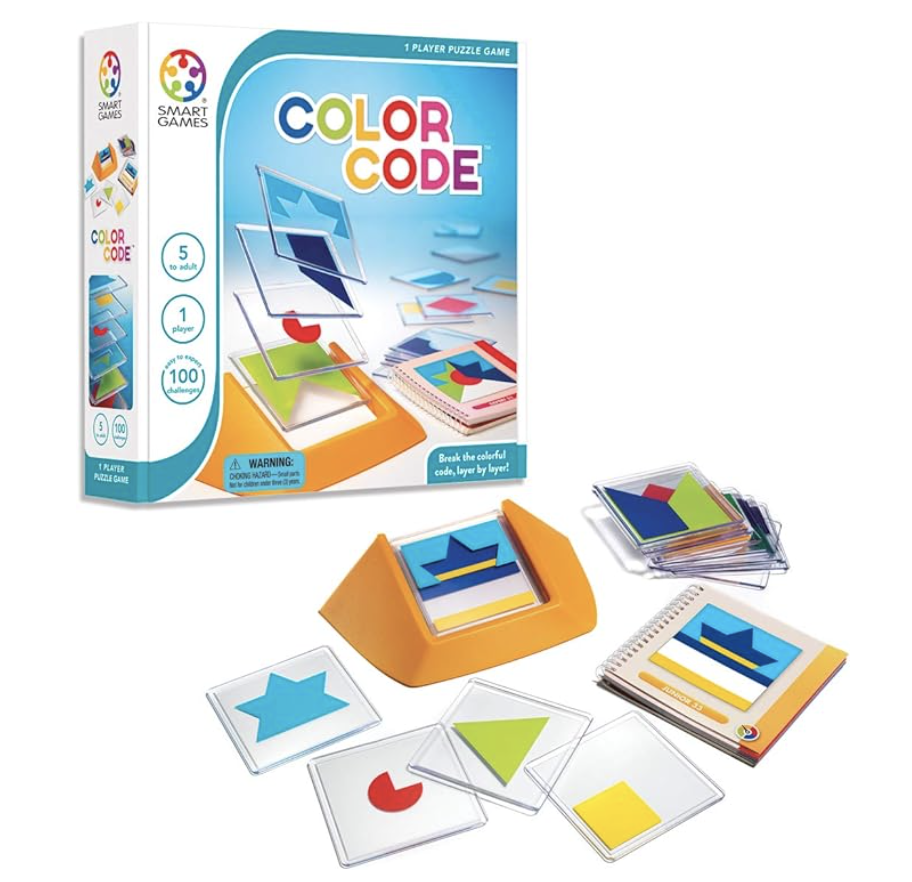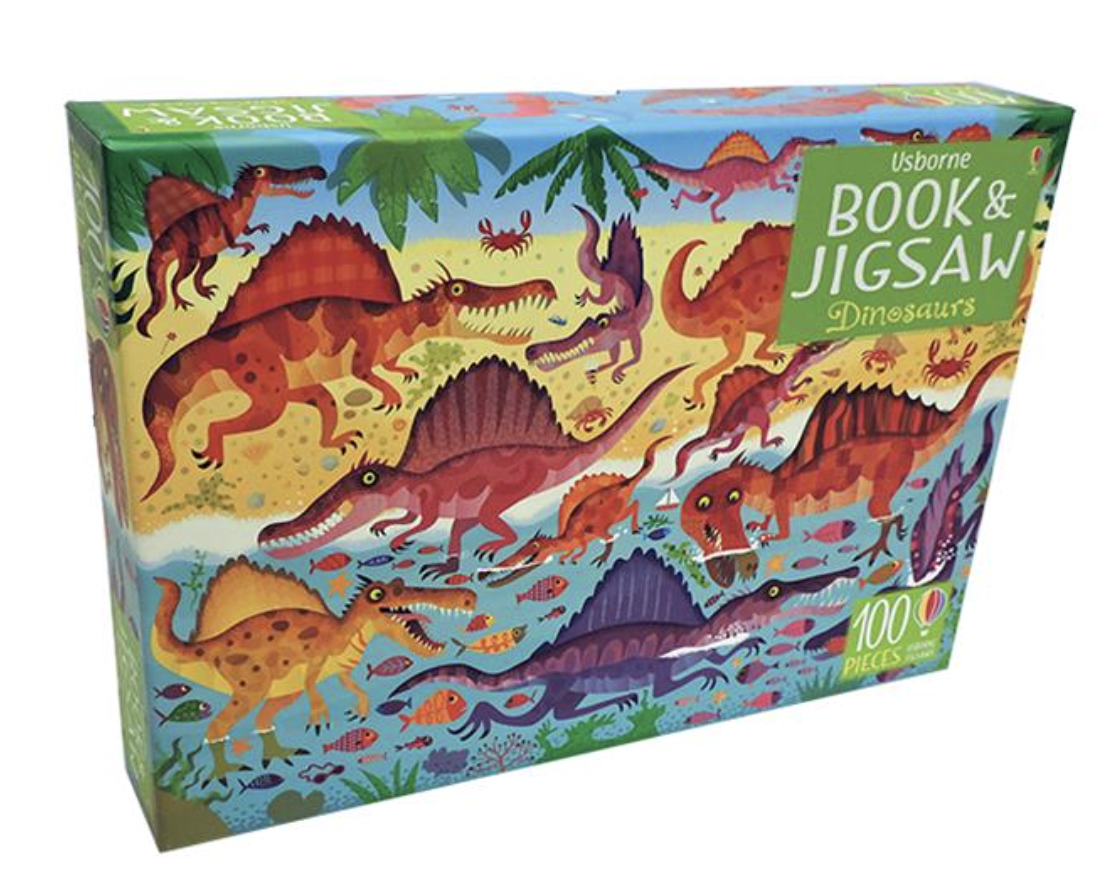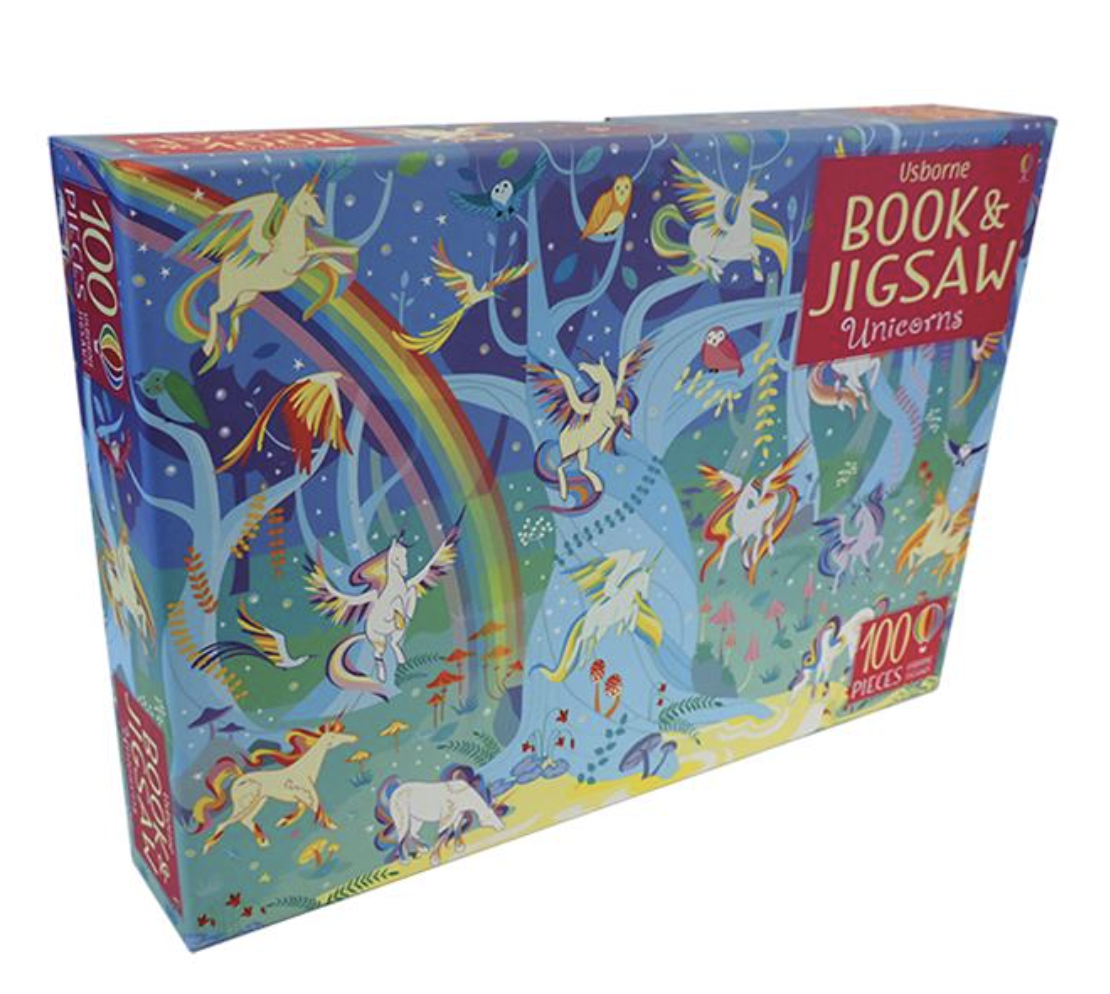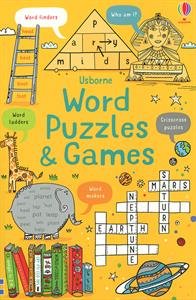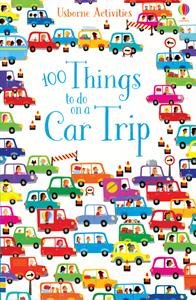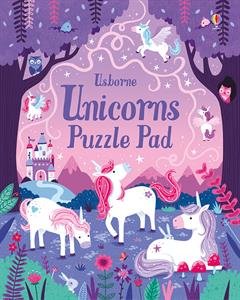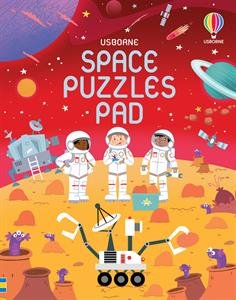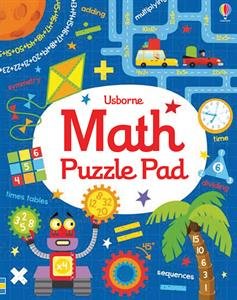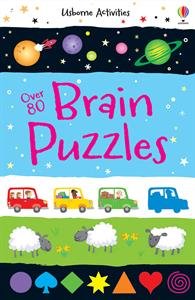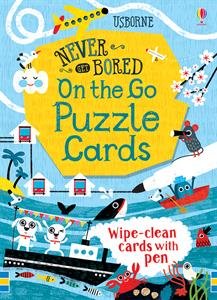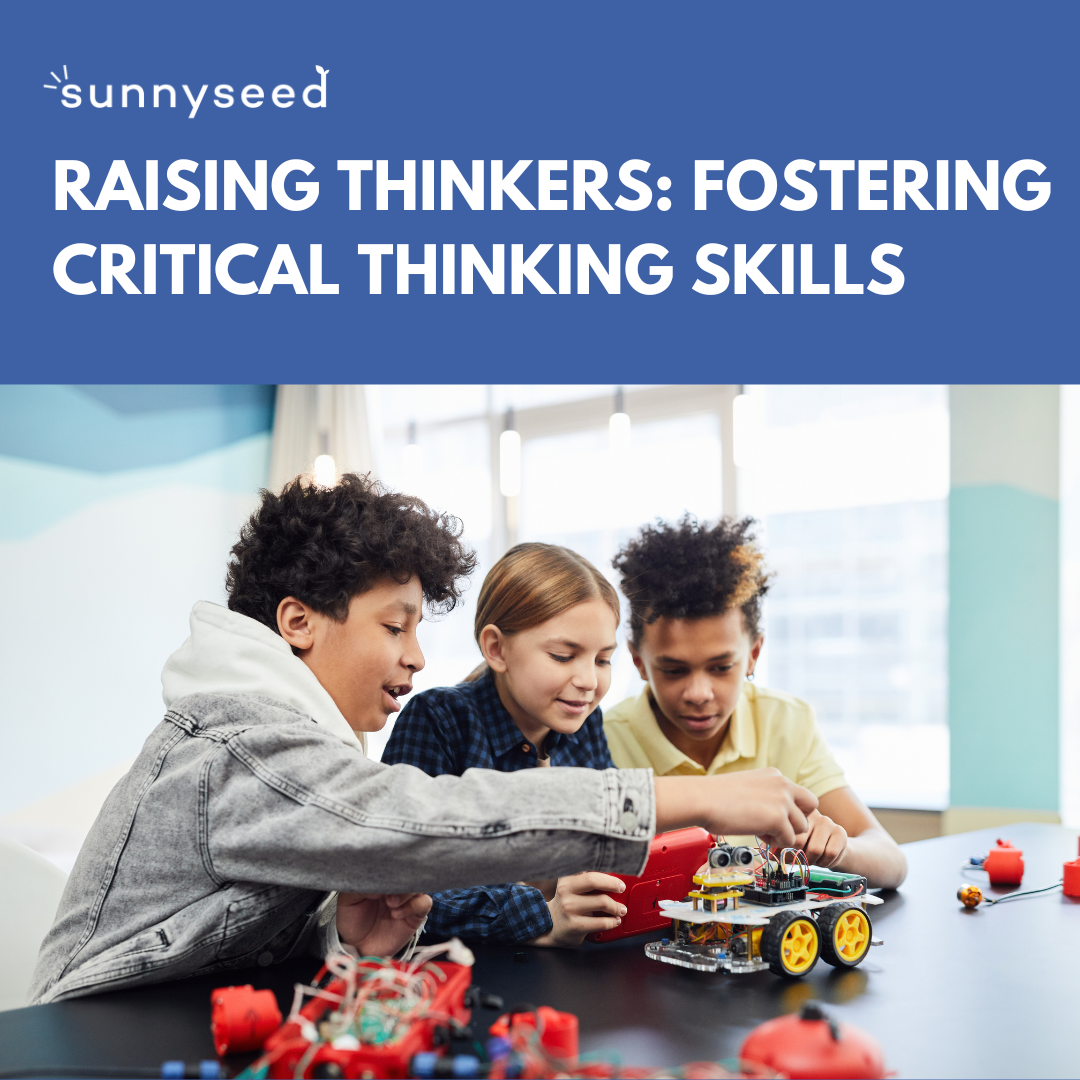Puzzles Benefits & Progression
Puzzles have incredible cognitive benefits for babies through adults! Puzzles exercise both sides of your brain, which is critically important for overall development and brain health. Research shows puzzles can even improve our memory, problem solving, concentration, vocabulary, critical thinking and reasoning skills, which can also raise our IQs.
As a reading specialist, I especially love puzzles to help develop necessary skills required for reading, including:
grasping and hand manipulation
attention & concentration
visual perception & motor skills
spatial reasoning skills
visual memory & increased speed of brain connections
problem solving skills
hand eye coordination
language (naming and describing objects, using position words)
KIDS NEED PUZZLES
1. Puzzles Exercise Both Sides of Your Brain. The left side of your brain controls analytic and logical thinking and the right-side controls creativity. Working on puzzles engages both sides and giving your brain a real mental workout.
2. Puzzles can improve our memory, problem solving, concentration, vocabulary, critical thinking and reasoning skills, which can also raise our IQs. {Source: Dr. Jaggi, University of Michigan}
3. Children who play with puzzles between the ages 2-4 later develop better spatial skills, which support math-related skills. {Source: Dr. Rowley, University of Chicago, Spatial Intelligence & Learning Center}
4. Dopamine is released with every success as we solve the puzzle. Dopamine is a neurotransmitter that regulates mood, memory, and concentration.
BABIES
Around 7-8 months, babies enjoy exploring object permanence boxes (ball drop). As they master these skills, they move on to dropping coins in the slit, or putting things into containers. Close to 11 months old, look for simple puzzle designs with knobs. The mirror puzzle is a hit! You could also cut pictures of family members and put them into the puzzle shapes so baby gets to see familiar faces. Remember, puzzle skills take time! Banging pieces together, dropping them off the couch, and carrying them around the house are all methods of baby exploration. Aim for exposure and trust the process.
TODDLERS
Despite all of the modeling and excitement I showed around puzzles, my oldest was hardly interested. She’d complete the puzzle once and never want to touch it again; “Been there, done that.” I found hiding puzzle pieces in sensory bins, wrapping puzzle pieces in paper, or hiding them around the living room added an extra level of fun that sparked her interest. I also made sure she would “catch me” doing a puzzle. Kids love to imitate!
As children begin to master knob and peg puzzles, you can begin to introduce jigsaw puzzles. Start with 2-3 piece puzzles, then slowly work up.
PRESCHOOLERS
Ages 3 and up // This is where we see jigsaw puzzle skills really start to bloom! Continue to focus on building mastery of a puzzle before increasing the number of pieces. Start with 12 pieces and then increase to 24, then 36 pieces. Of course, we also enjoy puzzles together as a family, and incorporate some larger pieces (48-60) when we work as a team. The goal is to provide a little challenge without being too difficult that the child shuts down and gives up.
ELEMENTARY
As children develop more logic and reasoning, they are able to challenge themselves with a variety of fun puzzles. Be sure to check out the Super Slide (our personal favorite).
PUZZLE BOOKS
Puzzles can be enjoyed by any age, so continue to provide opportunities for family game night and puzzles as your child progresses through elementary school and beyond. Mudpuppy, Puzzle Huddle, and UBAM have some great options for older kiddos. These puzzle books are also great options for kids ages 6 and up! I’ve known teens and adults who enjoyed these books as well.
AGE RECOMMENDATIONS
Age recommendations are simply generalizations to help keep things organized. Your child might enjoy easier or more challenging puzzles for their age and that’s perfectly fine! Especially when there are siblings involved, it’s common for preschooler who is able to do 36-piece puzzles to also enjoy simpler ones. We can offer both! Meeting our children where they are, both developmentally and with regards to their interest, boosts their self confidence, frustration tolerance, sustained focus & concentration, problem solving skills, and enjoyment of learning! Trust your child, and the lifelong process of learning!

